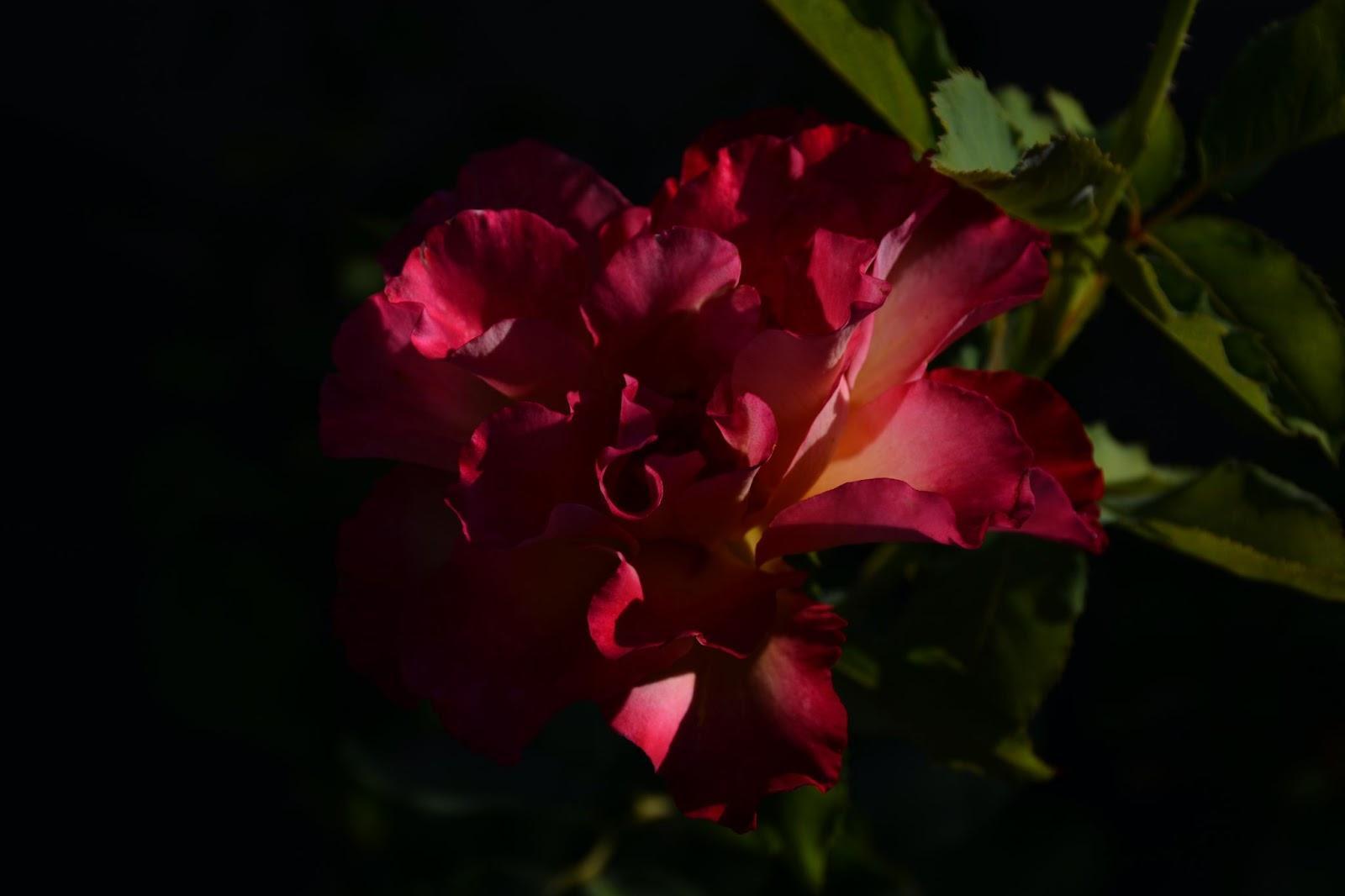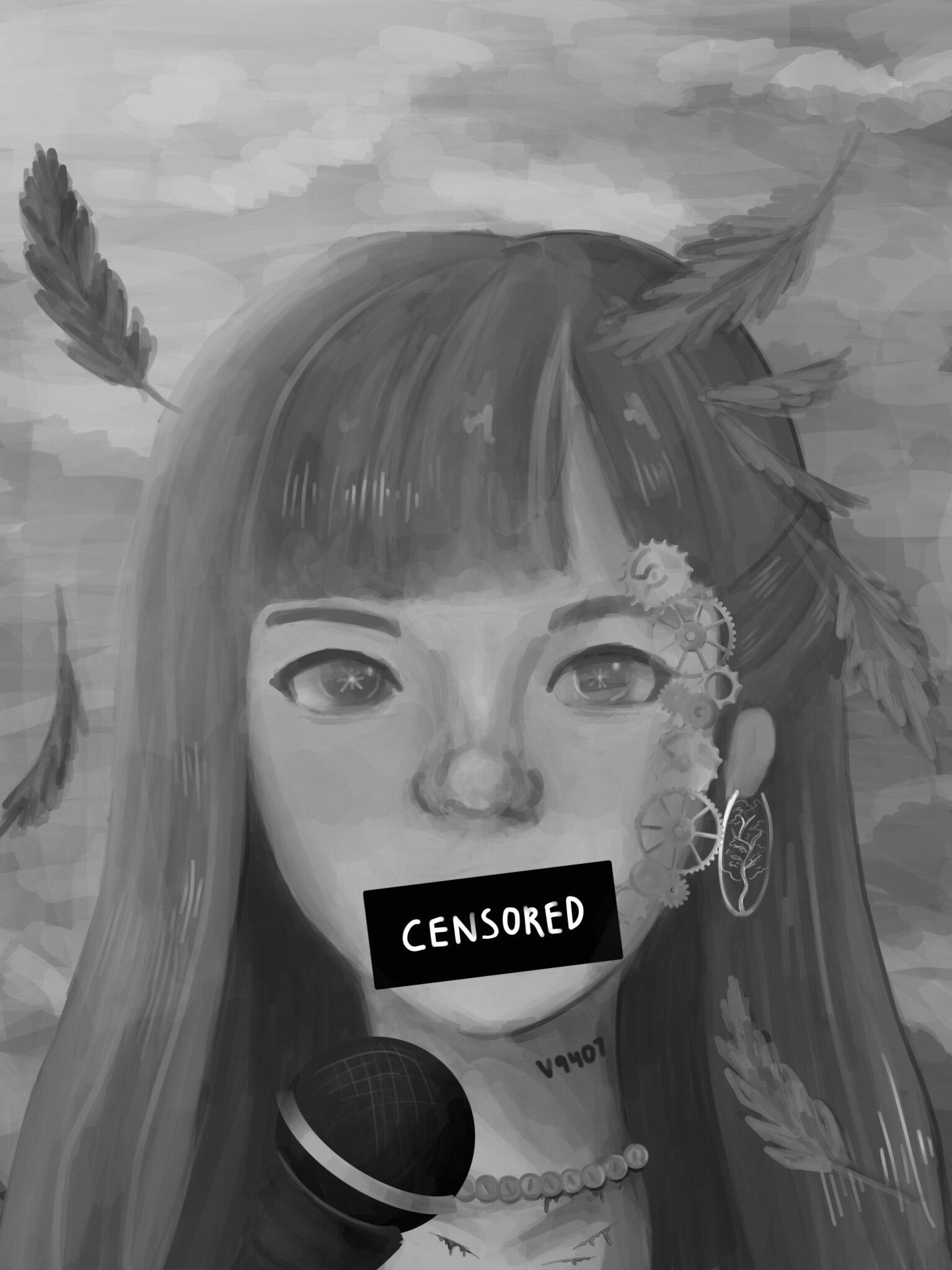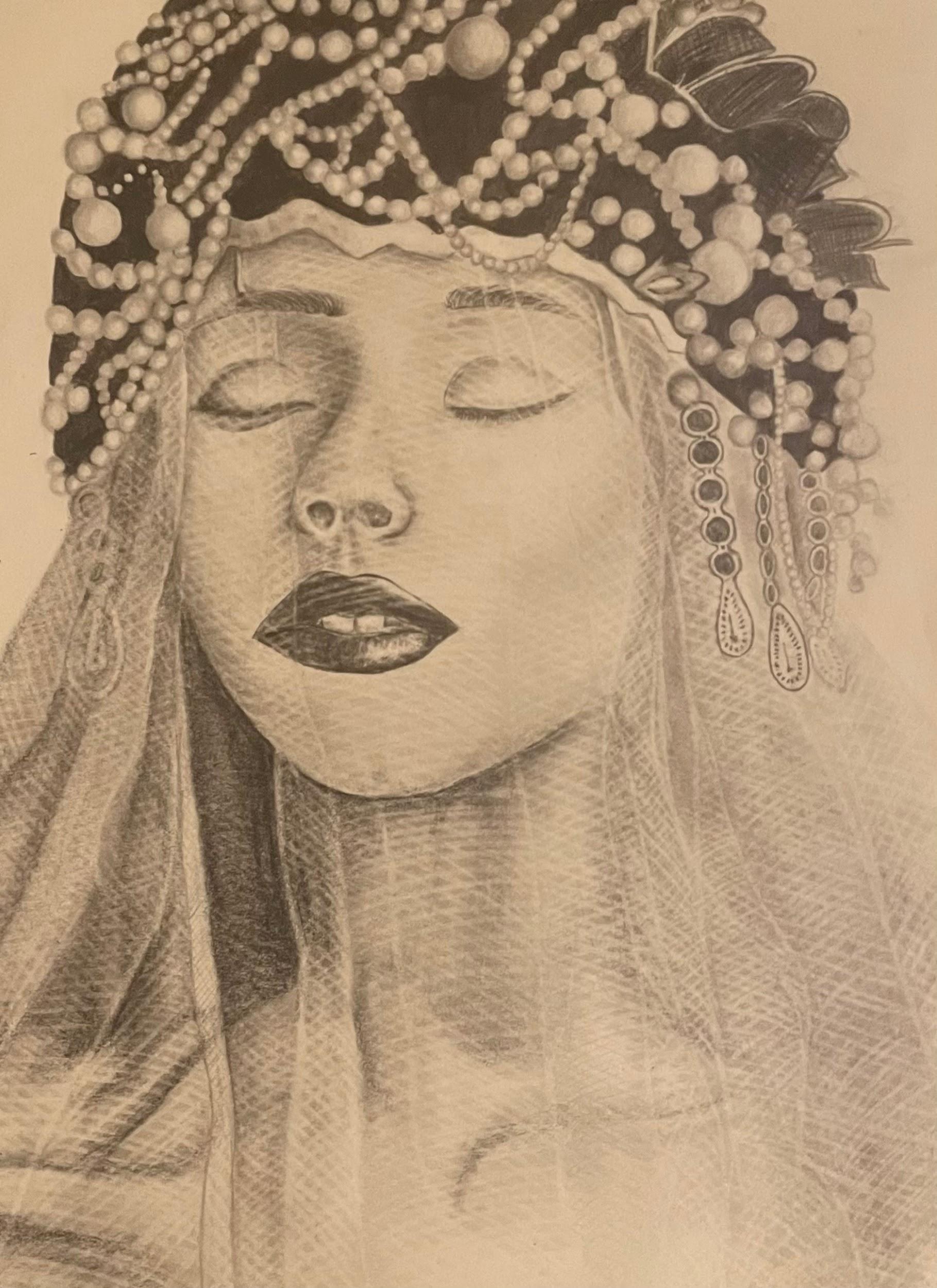THE BOY WHO WANTS TO BE
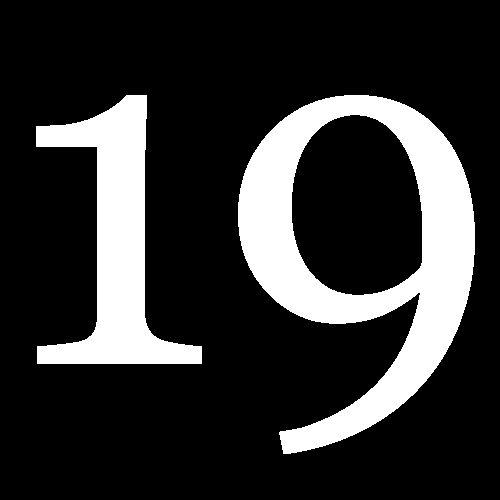
CLEMENTINE by elena yu “citrus blooming on his tongue”


CLEMENTINE by elena yu “citrus blooming on his tongue”


Irvington High School’s Creative Writing Club is a student-run, interest-based club dedicated to providing a welcoming environment for writers of all kinds to convene and share their ideas outside of an academic setting. Members get a taste of publication through submitting to The Penchant, our online literary magazine. Meanwhile, monthly prompts, in-club competitions, and major writing contests are provided to allow members to explore the implications of writing, improve on their own techniques, and receive feedback from their fellow peers. Overall, our collective mission is to enable the students of Irvington to write what they wish and have their voices heard.
All images used are either submitted to us or public domain, CC0 photos.All rights remain reserved to their original owners, for those that have specified such guidelines.
Photo Credits:
Cover Photo by Ashim D’Silva on Unsplash
iv|
Photo by Elisabeth Rosenak on Unsplash
1| Photo by Paxson Woelber on Unsplash
3| Photos by Eduardo Amorim (top) and Magnus Bråth (bottom) on Openverse
4|
Photo by Mario A. P. on Openverse
5| Photo by Tobias Kebernik on Unsplash
7| Photo by Ahmad Odeh on Unsplash
8| Photos by Tim Mossholder (back) and Thomas Kelley (front) on Unsplash
9| Photos by NordWood Themes (back), Steve Johnson (back), and guille pozzi (front) on Unsplash
10|
11|
Photos by Imleedh Ali on Unsplash (top) and SeekPNG (bottom)
Photos by Vishal Banik (back) and Gabriella Clare Marino (front) on Unsplash
12| Photo by Luka Reedy on Unsplash
14| Photo by Denise Jans on Unsplash
15|
16|
17|
20|
21|
22|
Photo by Johannes Plenio on Unsplash
Photo by NordWood Themes on Unsplash
Photo by Miguel Dominguez on Unsplash
Photo by Stephanie Harvey on Unsplash
Photo by Bernard on Unsplash
Photo by Pawel Czerwinski on Unsplash
23| Photo by Nick Kenrick on Openverse
26|
Photo by Jim Choate on Openverse 27|
Photo by James Guppy on Openverse
Photo by Kevin Dooley on Openverse 28|
To learn more about us, visit our social media: Facebook: @penchantlitmag
Instagram: @the_penchant
Issuu: @penchantlitmag
To see our submission guidelines, please visit https://tinyurl.com/penchantsubmit, or follow us on Facebook @penchantlitmag.
Irvington Creative Writing Club
EDITOR-IN-CHIEF
Helen Yuan
CONTENT EDITORS
Daniel Wang Ingrid Lu Sophie Mo
LAYOUT EDITORS
Sophie Leung Mandy Liu
CONTENT
Arindam Datta
Isabel Lai
Ingrid Lu
Sophie Mo
Harnoor Nagra
Ojas Vatsyayan
Daniel Wang
Megan Ye
LAYOUT

Khloe Fong
Sophie Leung
Mandy Liu
Helen Yuan


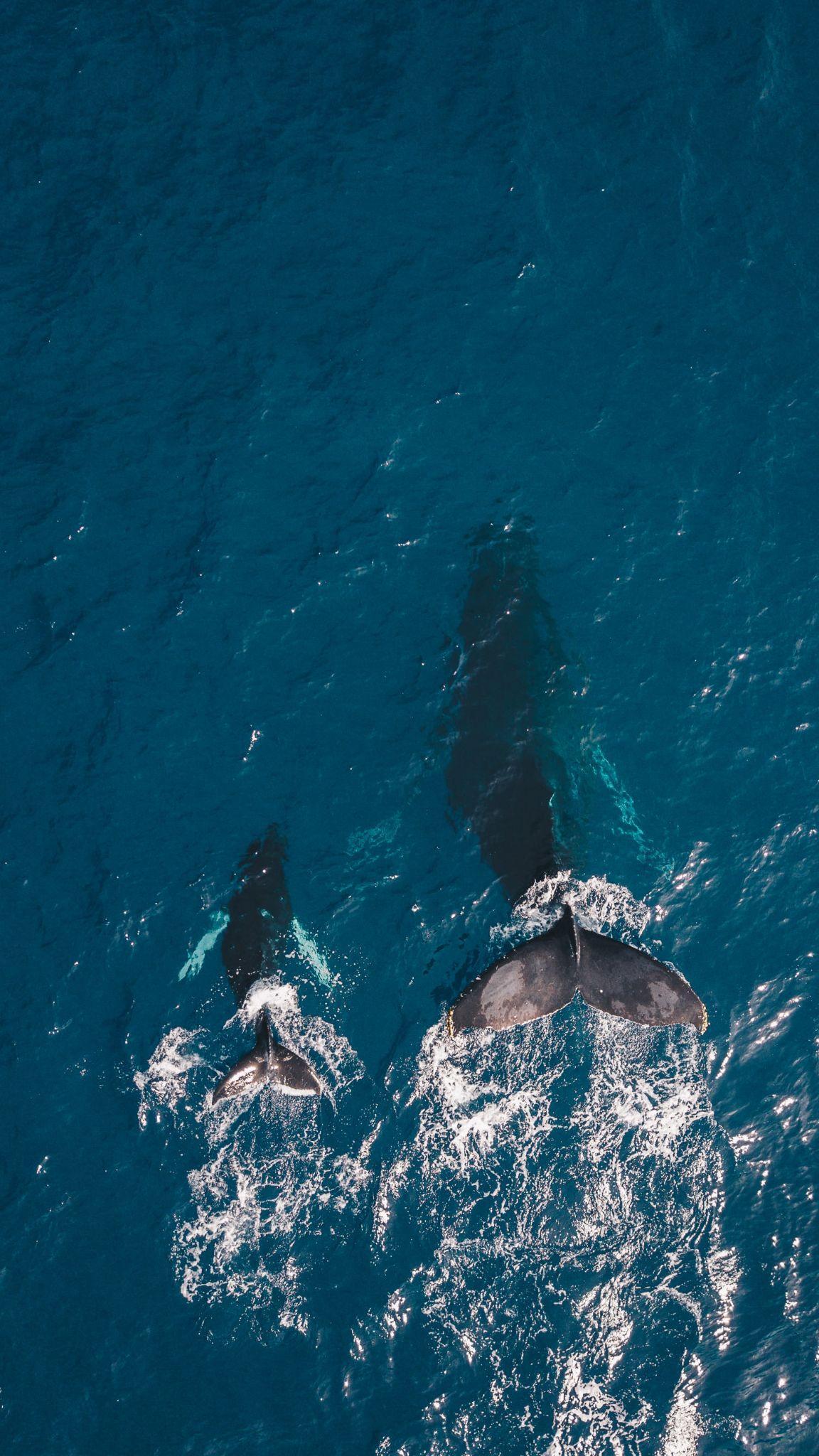


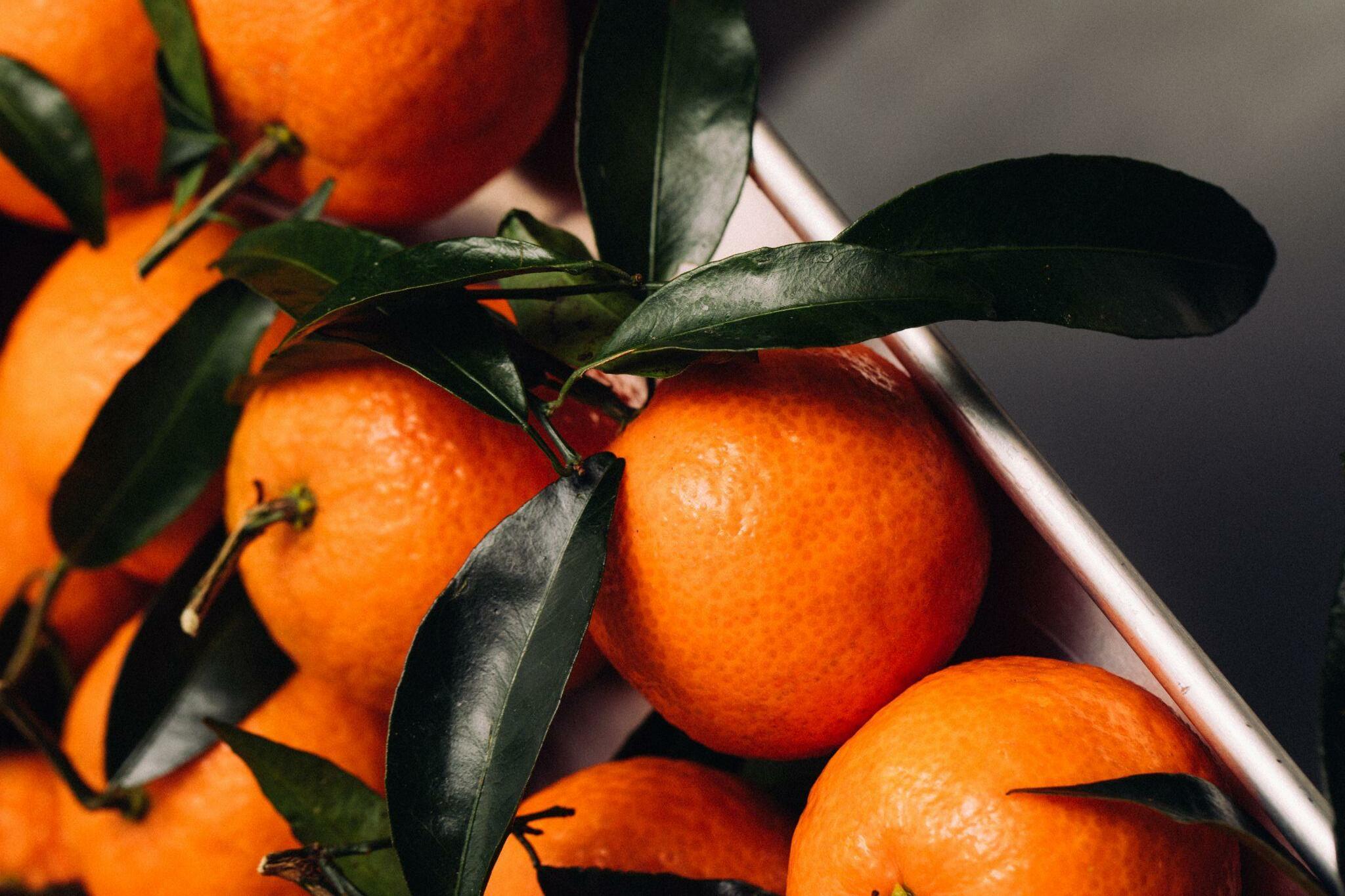
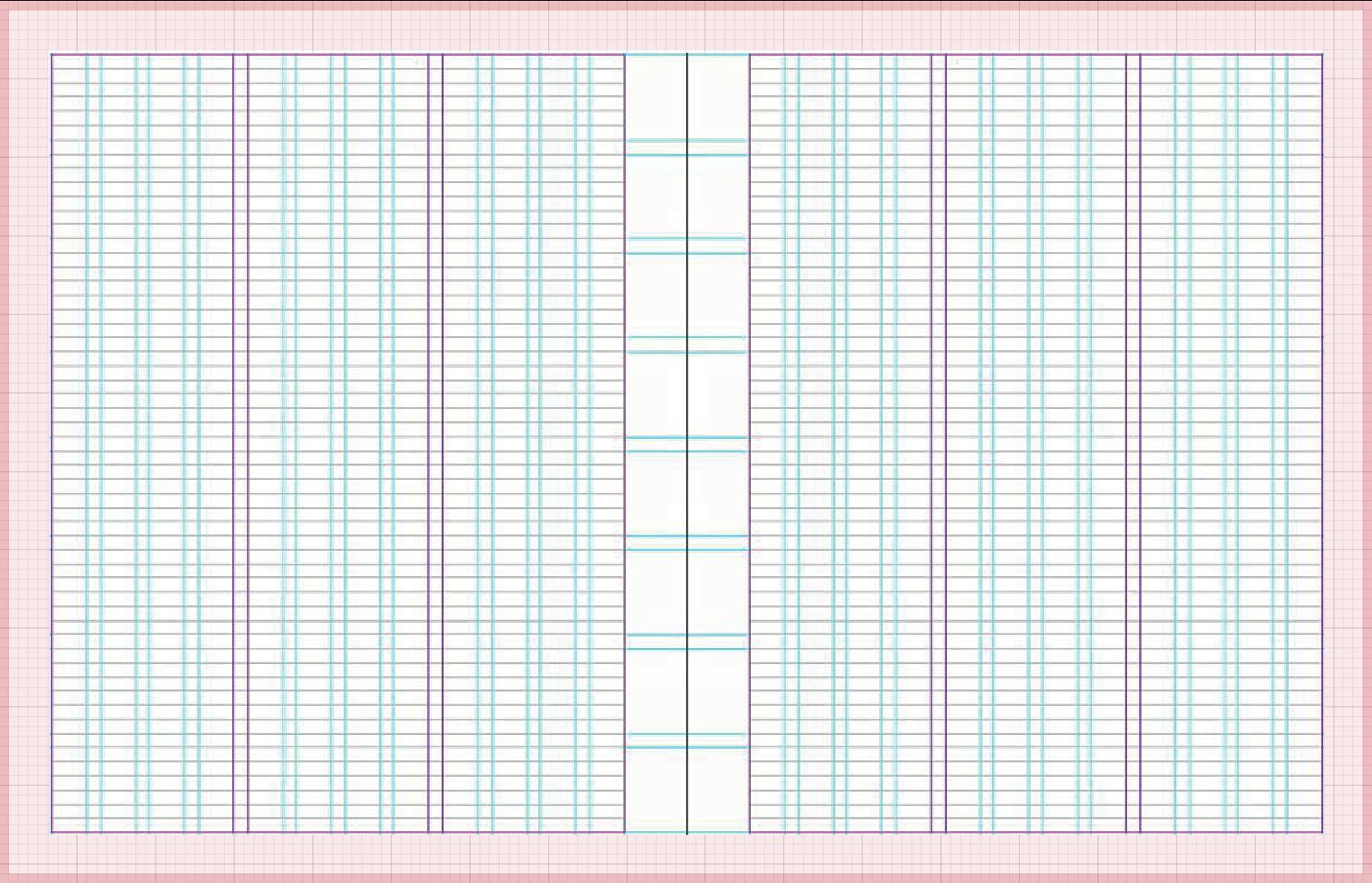




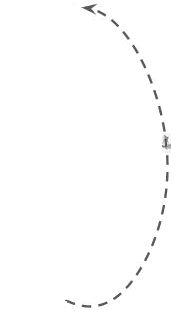
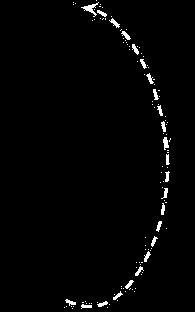
Echo, the sound that lingers on, A ghostly voice that's never gone A voice that speaks and then repeats A distant memory, a ghostly beat
A voice from the past, Repeating the words, That will forever last
But an echo is more than just a sound It's a haunting reminder of what surrounds It speaks of history and of time A reflection of the world's design
But still, you linger on and on A constant reminder of the past, a lost dawn Of a time long gone, but never forgotten Echo, you are a symbol, a timeless concoction

Of the beauty of sound, the power of words You are a reminder of the stories we've heard

Echo, Echo
A voice of the land, Repeating the stories, Of a time that has passed

Cliff One.
cliff’s edge daunting precipice dropping off below me
i shout
my voice dissipates into crashing waves and seagull calls
i jump
into a blue sea the water holds my life in the cup of its hand a warm, cozy ocean of water in motion excitement and joy grip my soul
Cliff Two.
cliff’s edge
daunting precipice dropping off below me
i shout
my voice reflects off the canyon walls opposite i jump
between orange stone walls rushing air, blurred vision hairs raising mouth screaming regret seeming too little too late
Cliff Three.
cliff’s edge
daunting precipice dropping off below me
i shout
before I hear an echo
i walk away
no jump
no need to care anymore

the water holds my life in the cup of its hand
marble with the hue of gold swirls in your irises as if they are a vessel to hold the divinity of the sun, the constellations, the ardent fervor of dusk; but the waves of your blood beg to differ, a steep plunge into the essence of the human condition in a sharp, dull rusted red against the canvas of your skin
i can only watch you brush away the ruby liquid from the corner of your mouth in unspeakable ways, akin to how i have witnessed ambrosia trickle down the tongues of many others

but you are their foil: you possess a silver tongue, humming hymns to the lost and wandering, guiding them to a salvation in your arms, even if your voice does not return
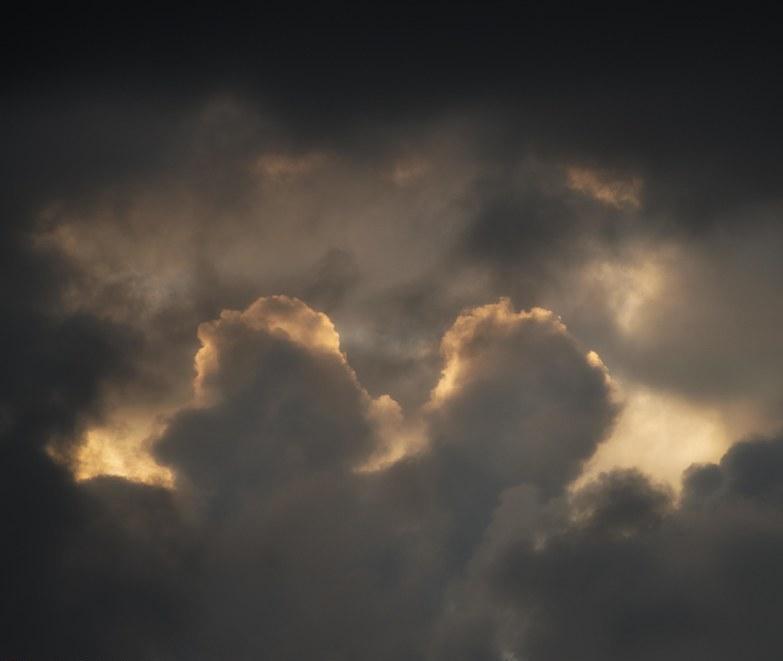
it causes me to wonder, in seafoam thoughts and ebbing low tides, of how within you, trapped within flesh and soft bone, lies a god.

so i ask the goldfinch on the windowsill how it would be for you to ascend to the heavens, how it would be possible for a brittle mortal to possess the aspects of sacredness and it tells me nothing, seeing nothing, eyes reflecting the curve of dawn in the far distance and, ah—
i think i understand why you have been sent here.
 by sophie mo
by sophie mo
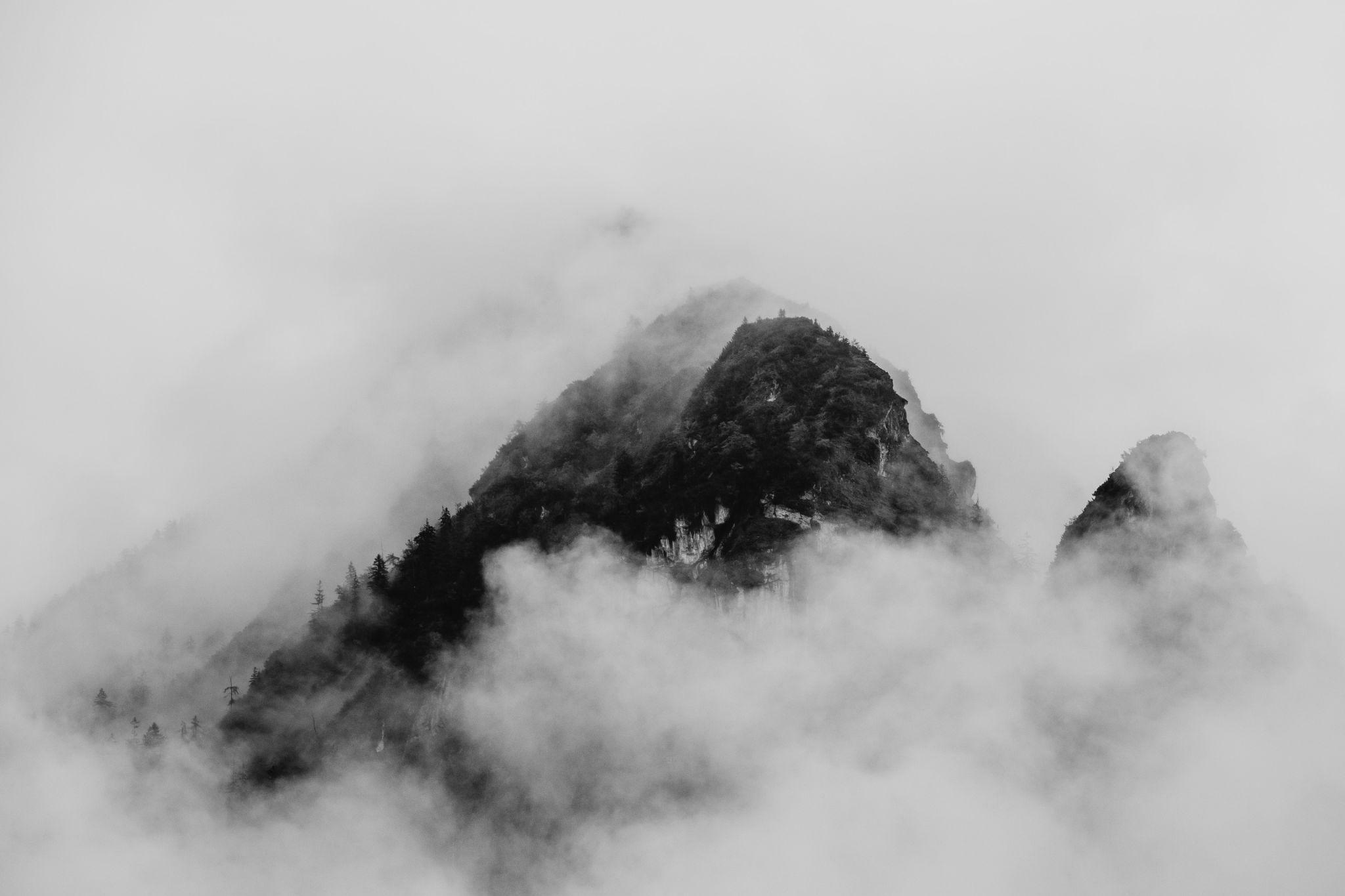 by elisa dalla ricca
by elisa dalla ricca
There lives a bird in my mind. A beautiful hoary bird with a craning neck and empty eyes. Its long limbs hold the tense body upright with the rigidity of iron. It scans the horizons and is met with the sight of barren mountains made of solid rock, its gaze interrupted with the everlasting presence of fog. It hops from ledge to ledge, occasionally perching on some desiccated tree to continue its lookout for nothing. The cold wind ruffles its feathers, unease reflecting in the bird's black, glossy eyes. Its heart palpitates faster, unsure of what it is afraid of or why. All it knows is fear. The fear builds and the wind cuts a little sharper, the ground becomes harder, the air becomes suffocating. Whines escape the bird's throat, whines that shift to shrieks echoing into every crevice and branch. It heralds the coming of the end, the start of demise with as much alarm as if it were being torn to death. It hears its returning cries, bouncing off the mountains and air and sending tremors down the earth. Tremors that shake the mountains, rocks cracking, splitting, falling everywhere. The screams die down to cries, the bird’s voice hoarse and tired. It stands still, lost in the absence of mind. Clarity comes and it chirps, beginning once more to scan the vacuum of the landscape.

Long gone chatter, faded laughter, resounded through the room
Distant aromas of lavish feasts, and faint footsteps, of children running, traversed the hall
Only glimpses seen, of long lost, forgotten, memories, where happiness once existed
Familiar faces, once known, now ghosts
Silence of unspoken words, lingered
Existence of life, deceased, remained only as shadows
All was gone, but for the echoes
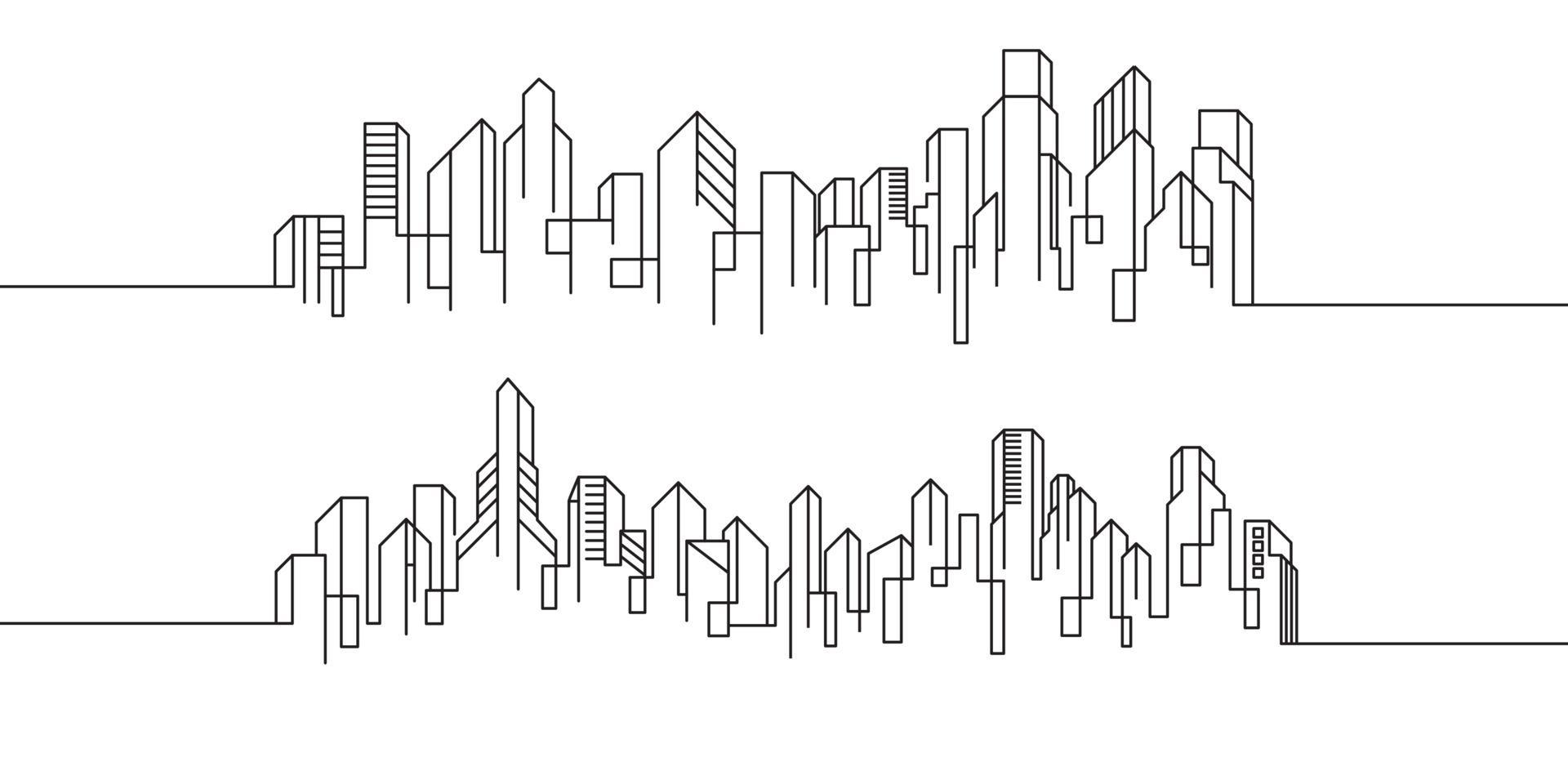
Somewhere in the heavens there lies an abyss, Unlike any other.
It is colorful, and filled with souls, Everyone’s souls.
Everyone has echoes in their heart, Of everything they love, everything that makes them who they are. The echoes in your heart are your soul.
Those souls whiz around in the abyss
(All of them, 8 billion and more)
As colorful streaks of light.
The color of your soul that is, the color that is you.
Magenta, emerald, sky blue, lavender, ochre, dark gray. Big beings of black light wander around the abyss.
Dead people.
Dead sinners.
Yet, their souls are not lost. No one’s soul is ever lost, Souls are everlasting.
Once someone dies, their soul is the only thing left. They wander around in the heavens, Free, unrestrained.
Except for the unpardonable sinners, murderers, inordinately bloodthirsty warriors, Dictators.
Vile creatures that caused more harm than good to the people around them. Their souls are impelled to roam the abyss until the death of eternity
With the sole (or shall I say soul?) purpose of finding other villains like them.
They feed on the rich color of the newly-lost souls, Their only form of sustenance.
A soul contains every single echo in your heart. A favorite sport, a secret recipe, a favorite color, Your most cherished possessions, memories of the times everything went wrong.
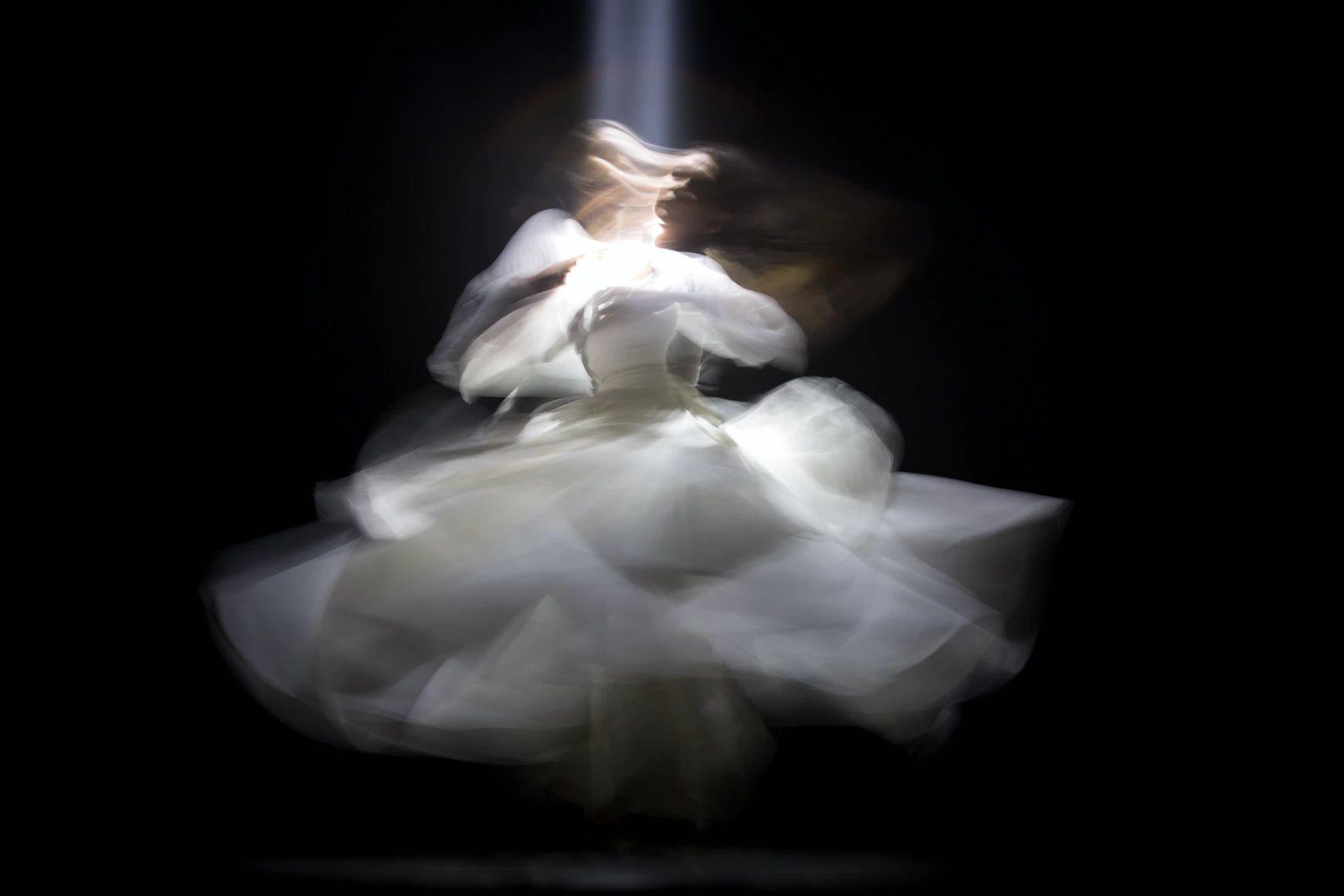
Badminton, mango ice cream, purple, Books, the day of your Math final every year.
The echoes of your heart, as well as everyone else’s whiz past in the colossal abyss
That is called the Abyss of Souls. Yours is just one of the billions.
Insignificant, yet essential to you.
So, what makes up your soul?
What are the echoes in your heart?
echoes speak of words that never meet of those forever lost on the last string of their thoughts the idea that forms but dies before it’s born so when my voice remains the echo of my last dream sustains



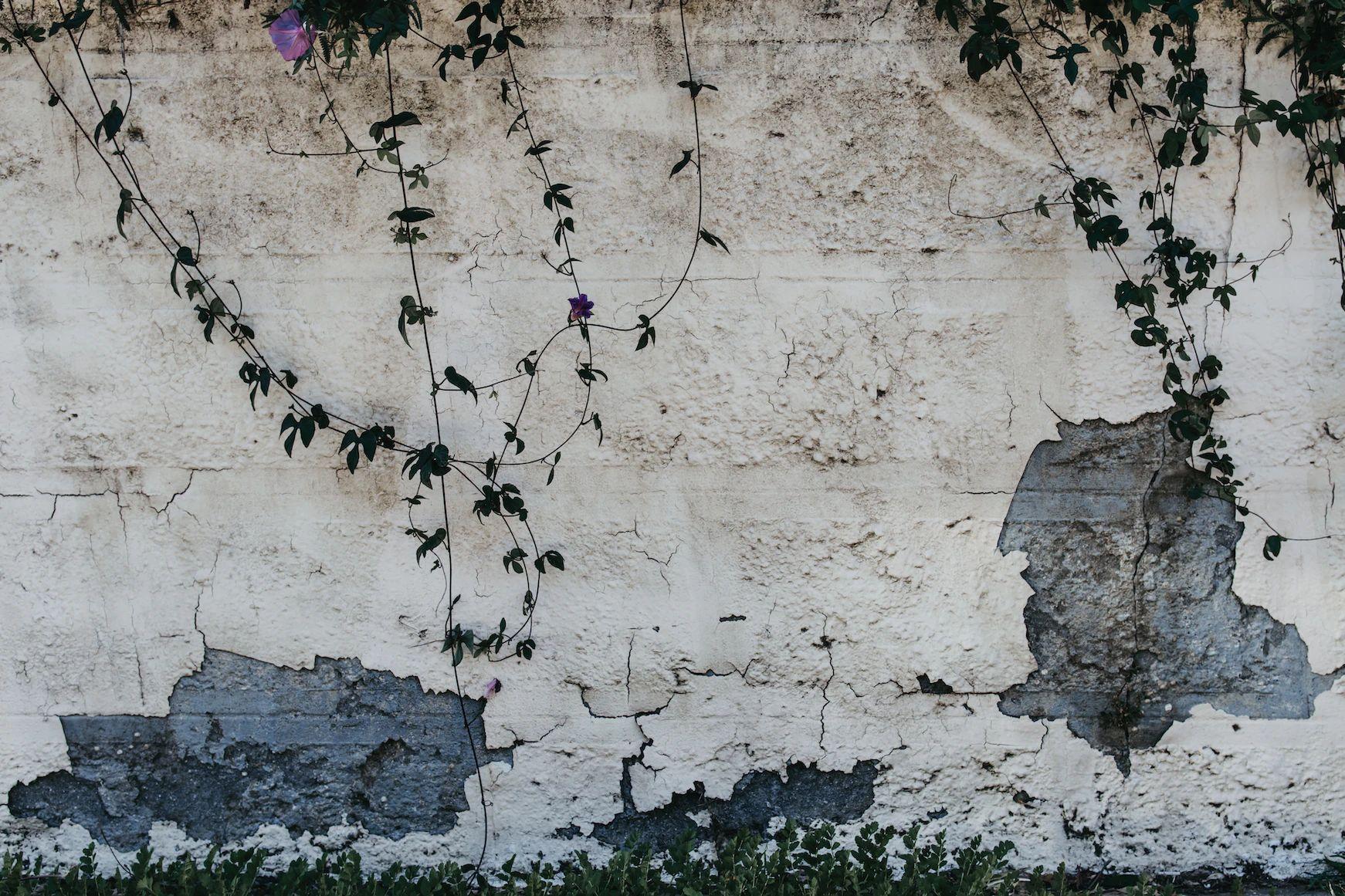 by dhriti anandh
by dhriti anandh


Under billowing waves, The deep blue desert,
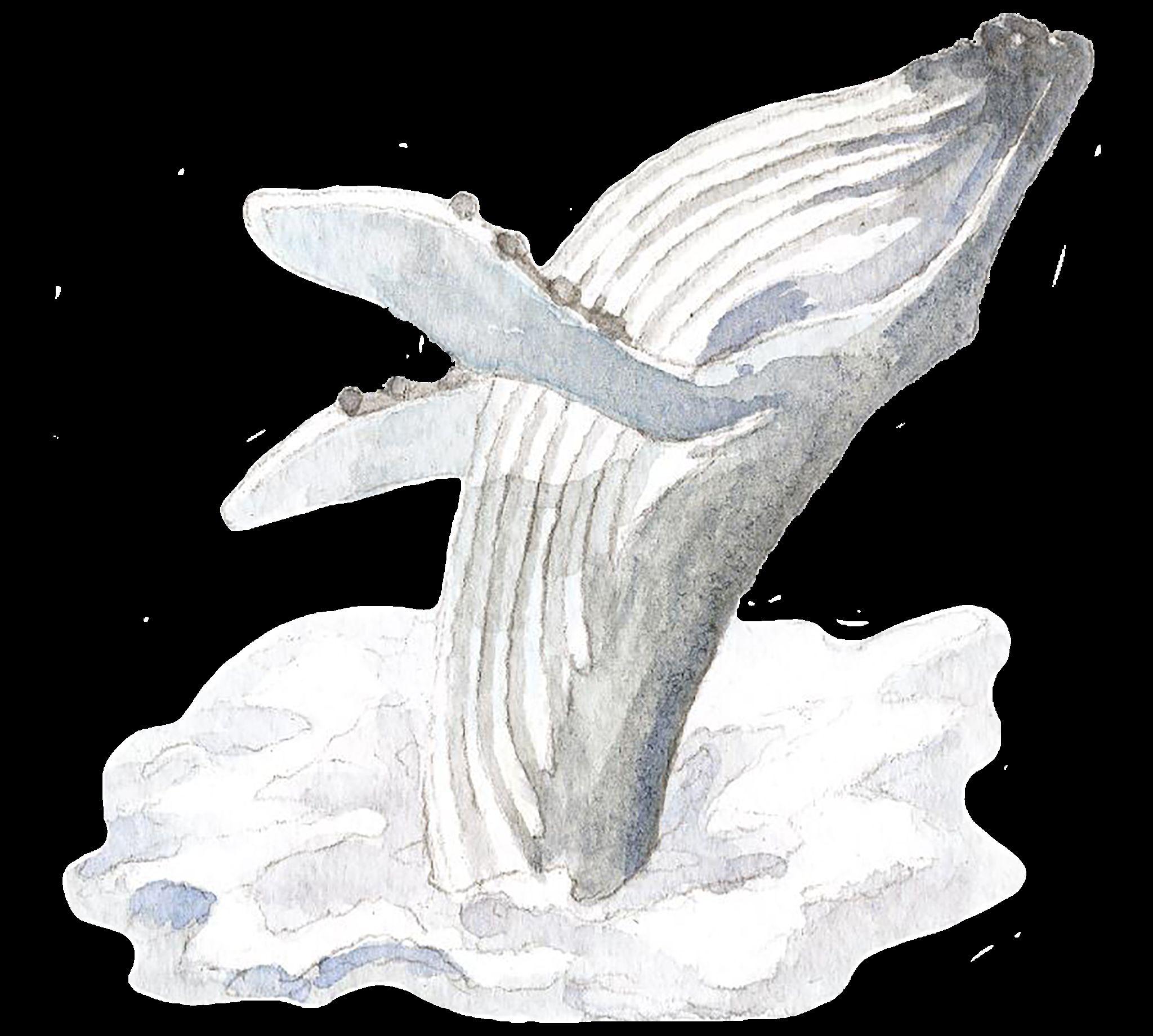
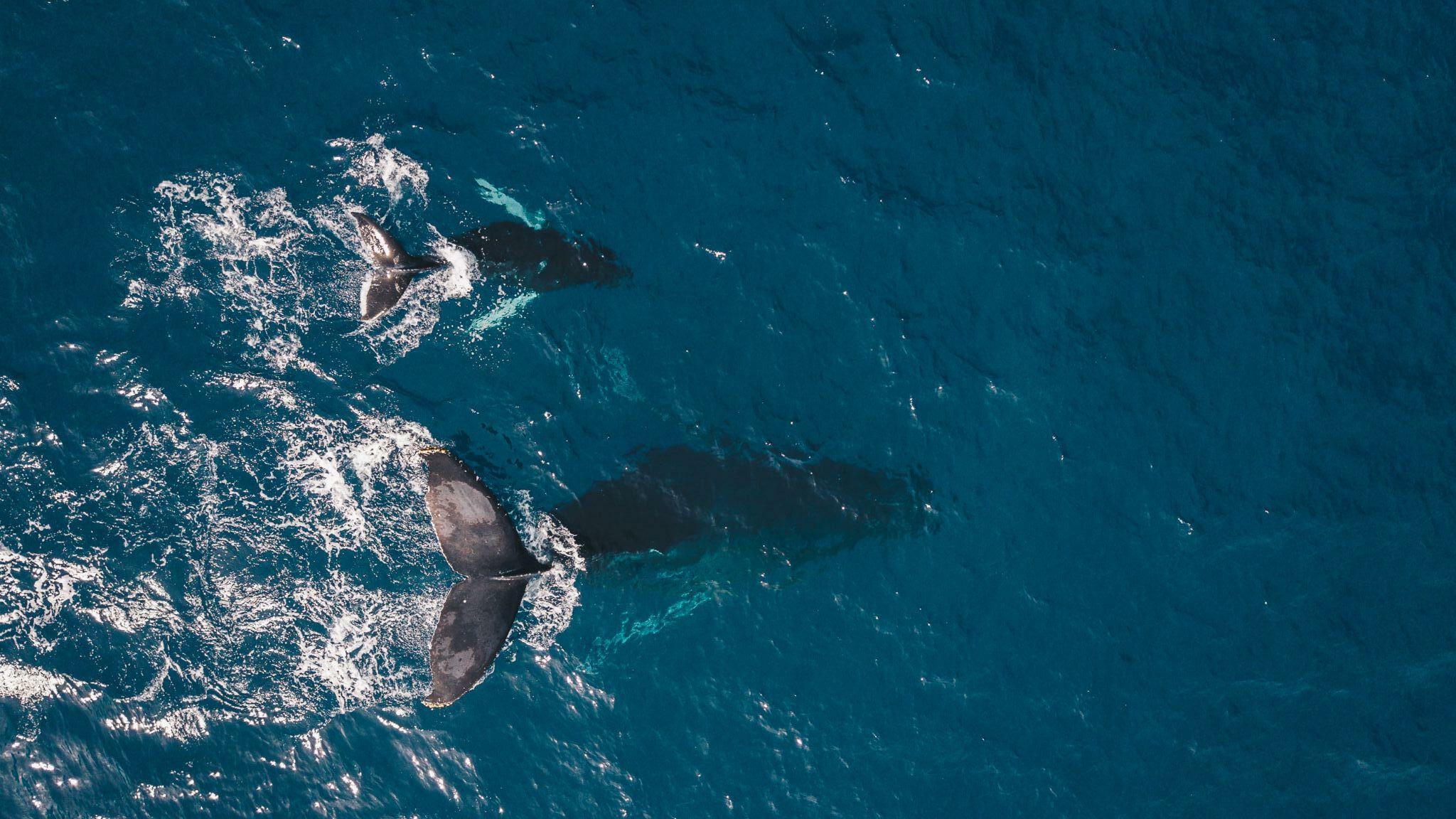
His ballad unravels, and he pours his heart out into the waters.
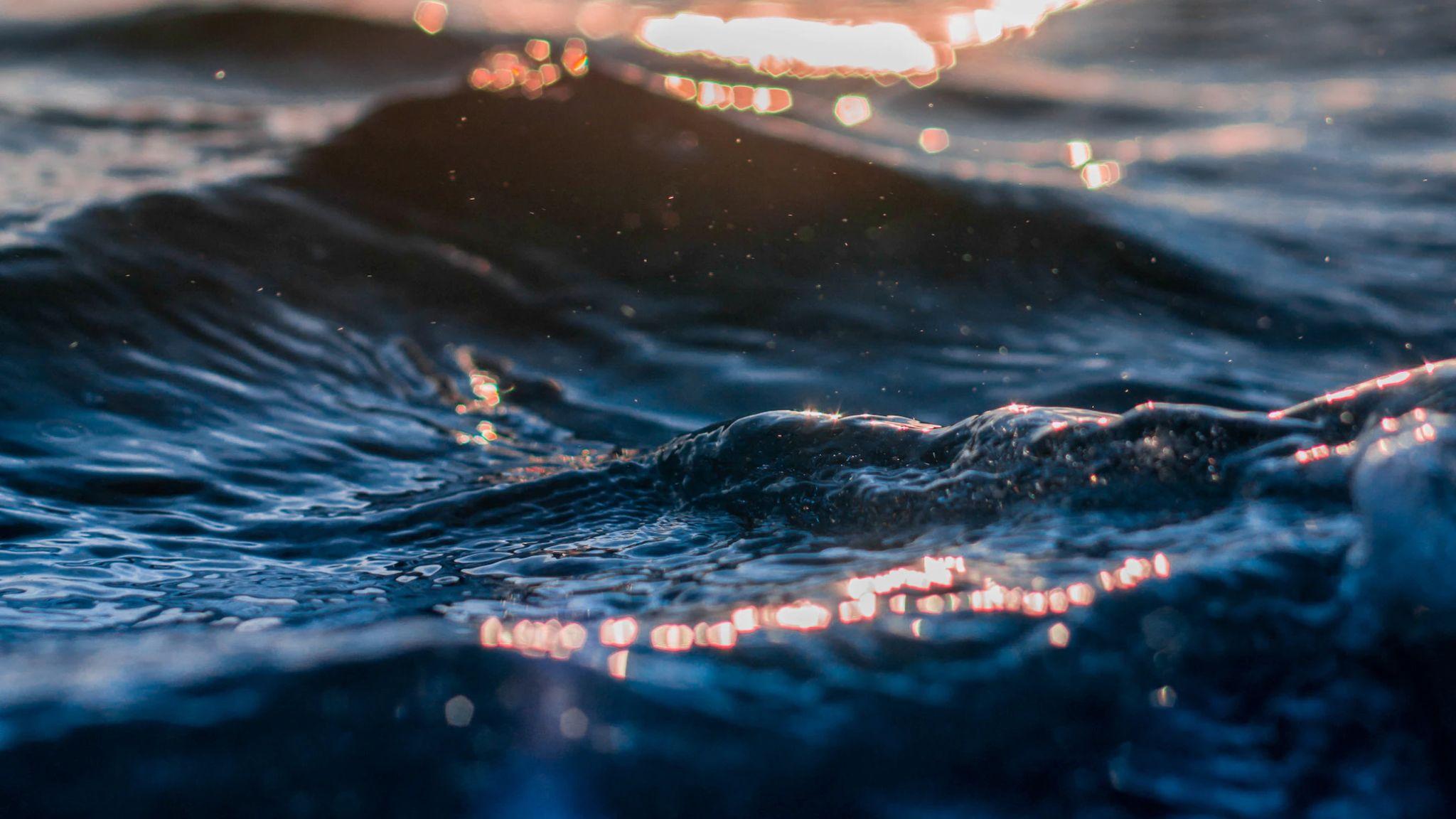
Will reach no one. Down and down, into the azure sands, Gently it goes–unheard, wandering, forever lonesome.
Deeper and deeper, Into the ocean depths, Reverberating, ringing, repeating. What is a song with no listeners?
The day passes, He sings once more, Why can’t you hear me, why can’t you see me, Why can’t you love me?
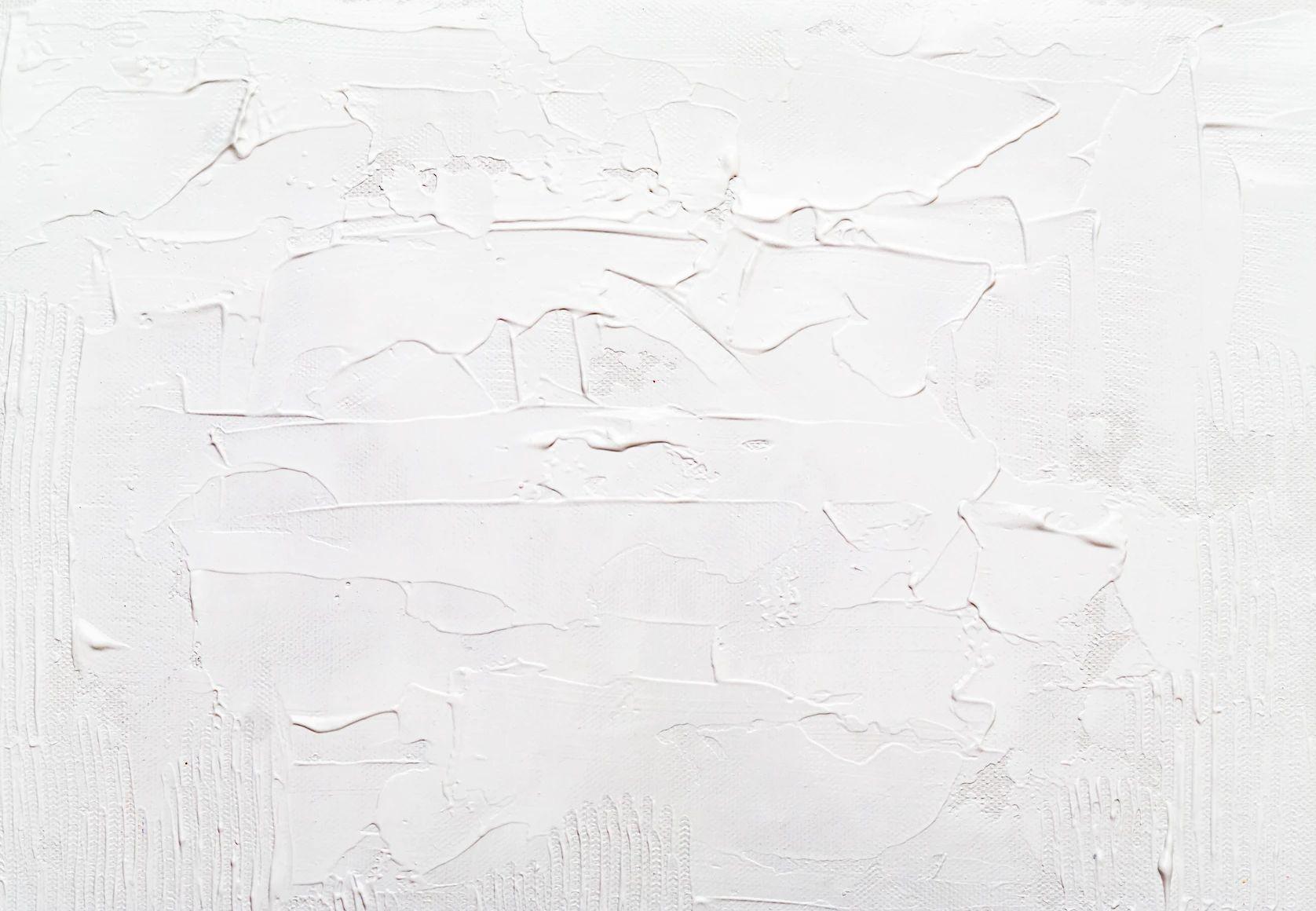




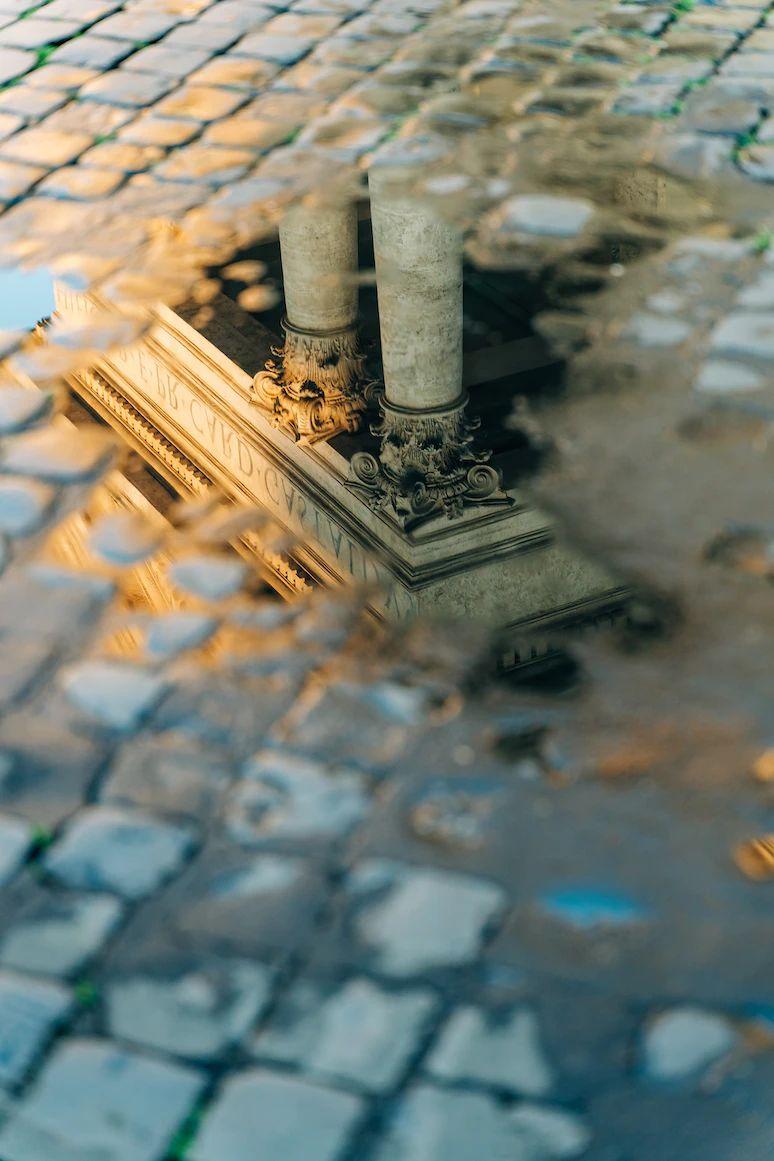
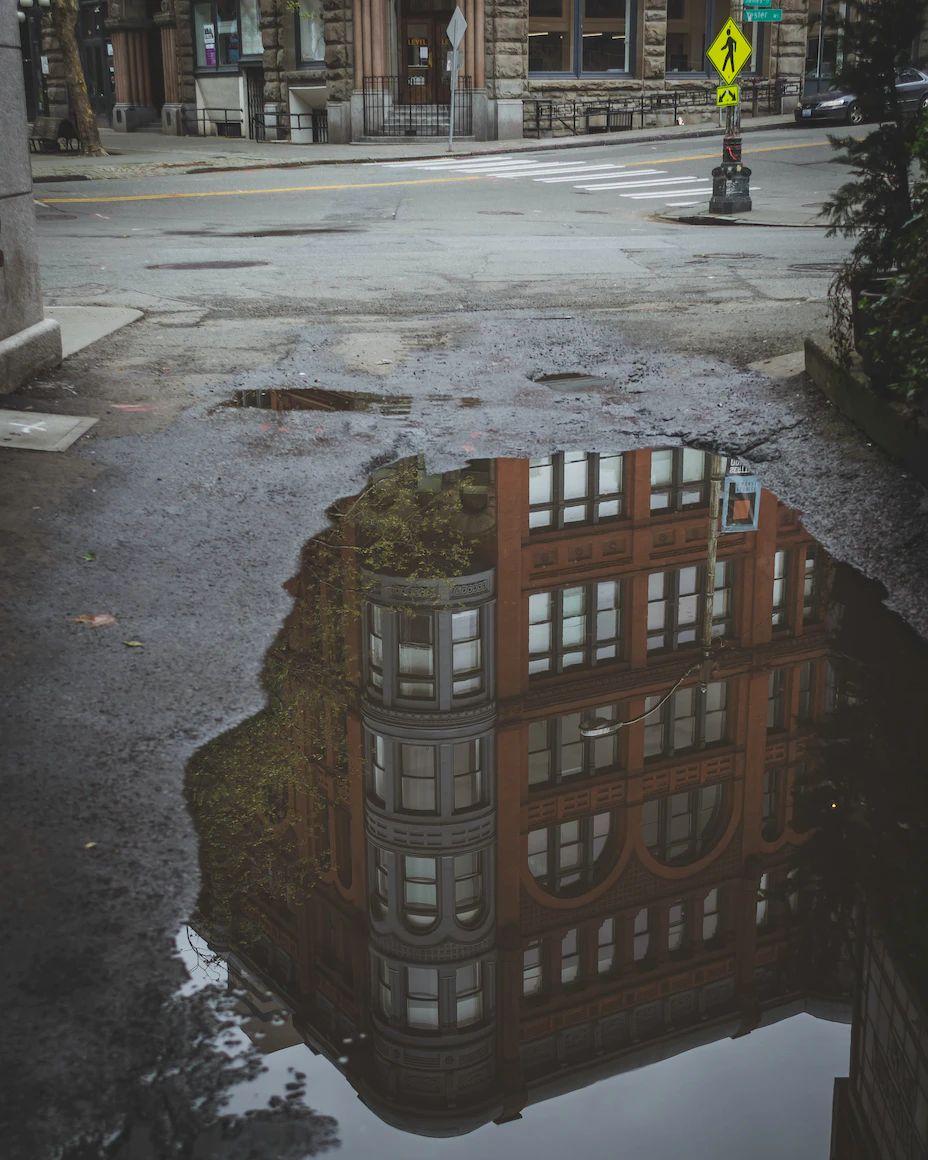
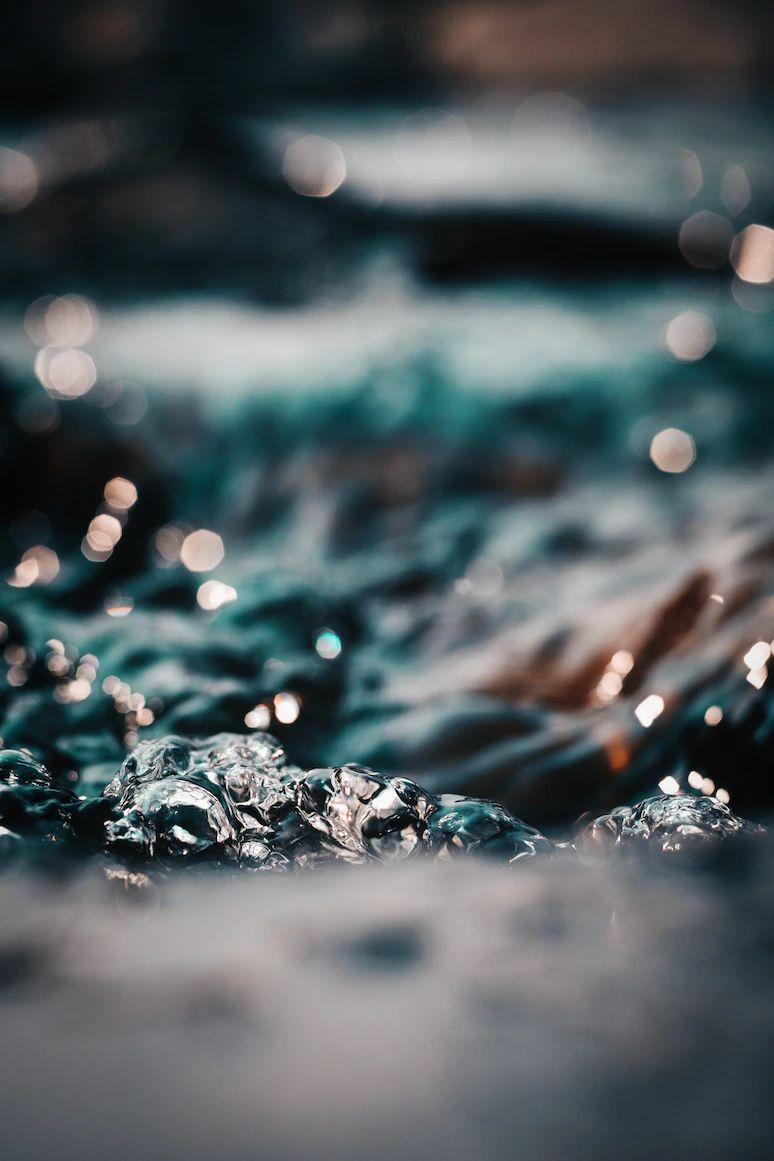
Echoes
They bounce off the walls
Back to the soul
A haunting reminder
Of what you can’t take back
People
They ricochet off of ideas
And each other
People bounce too
Off of ideas
And each other
Once you start, there is no hope for return
I wonder who I was
Before the first bounce
I wonder who I was
When the world was nothing but
A soft blurred background
Encompassing me
Like the comforting embrace of a security blanket
Shielding me from every terrible delight
So when I first opened my eyes all I could see
Were the smiling faces
Of my parents holding me tight
Saying “I love you”
And kissing me good night
Who was I?
Before things came into focus
Who was I?
Before I could comprehend
The ever-changing

The everlasting Voices and opinions of others
It was truly
A sight to behold
A gradient of colors
Each a different story to be told
Of pain and sorrow
Of laughter and joy
And memories which
Who was I?
Before I was trampled by the thousands of
Voices and opinions of others
The gradient display of color
So magnificent
So beautiful
So stunning
It’s so stu-
Suffocating
It’s becoming so suffocating I can hardly breathe
What’s going on?
Everything is swirling around me
Turning into a dull gray
So murky I can hardly see
My own voice
Desperately, I claw around the dense crowd
Frantically searching for even the slightest glimpse
Of my color
But by the time I see it
It’s too late
For it has already begun to swirl
As it blends into the thickening mixture of The voices and opinions of others
I don’t think it will ever escape
For there will always be another voice
Ready to gallop
Eager to join the stampede
Destroying any chance of Separation
My voice, Their voice, Our voice
Who was I?
Before I could comprehend
The ever changing
The everlasting Voices and opinions of others
Huddle together in the boundless prison of the conscious mind
But when the gates unlock and the chains shatter
There is no time to waste
It must gallop
One gallop turns to two, two turns to three
And soon I’m in the way of an entire stampede
Who am I?
If not an echo?

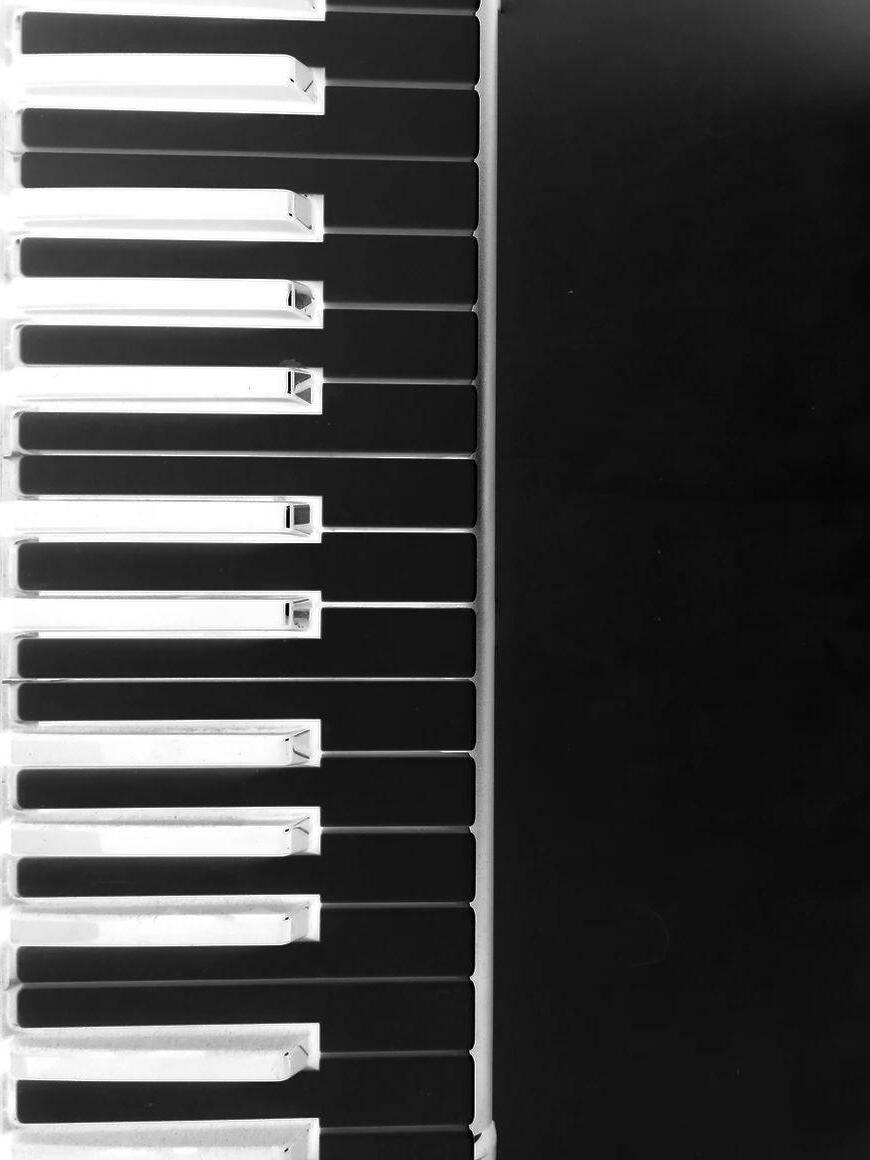
She wakes up.
It’s the same thing again, the same white walls that greet her when she opens her eyes. It almost hurts to look at her surroundings. No sound. No color.
She goes back to sleep.
—
She wakes up.
This time, the second she opens her eyes, she knows something’s wrong. Something in her gut is churning, twisting and turning, and she quickly turns her head.
There it is. A figure staring straight at her a few meters away, completely silent. A young girl with dark red hair in braids, draped around her shoulders. She stares back, eyes wide open, and they lock gazes for a few seconds before she speaks.
“Who are you?”
Her voice, hoarse from many nights of not speaking, is barely audible.
The figure doesn’t blink. Doesn’t say a word. They stay like that for minutes, before she decides it’s not worth her time to keep waiting for the girl to speak.

She goes back to sleep.
—

She wakes up.
She has the same feeling in her stomach again, and to no surprise, the figure is right there in front of her when she wakes up. This time, the girl is closer, but still staring at her, face completely blank.
This time, she tries a different question. “What are you here for?”
The figure continues to stare at her, and she’s about to think she’s failed again and go back to sleep when the girl finally opens her mouth.
“Mimi,” the girl says firmly, her mouth closed into a grim line.
She stares back. This time, it’s her who’s left silent, with nothing to reply. A word pushes at the bottom of her throat, just barely hanging off her tongue, but it doesn’t come out.
“Hello,” she manages back. She swallows thickly.
The girl — Mimi — doesn’t say anything back. They stare at each other for a few minutes in silence before she decides it’s useless to try and say anything back.
She goes back to sleep.
—
She wakes up.
The feeling of being watched comes just like the previous days, but this time, she’s not as alarmed. Instead, the sour feeling of fear in her stomach is almost comforting, the way it caresses and squeezes her bones.
Mimi is closer again when she wakes up again. This time she’s almost sitting on her bed, but she’s still staring at her.
But this time, she notices quickly, there’s something new here now. She squints. A dark splotch in the distance.
Mimi quickly catches onto the interest in her eyes, and for the first time ever, a smile crosses her lips.
“You wanna play together?”
She stares at Mimi, a small smile growing on her face. “You know how to play?”
“I don’t actually. You could teach me though?”
She nods eagerly, and for the first time that she can remember, she leaves her bed. Her knees almost drop to the floor immediately, her legs giving away after not walking for so long, but she manages to limp over to the piano and sits down on the stool. Mimi follows suit, sitting to her right, and she quickly falls into an easy rhythm, her fingers falling over the piano keys, Mimi copying her moves.
She realizes, later that day, it’s the most human Mimi’s ever acted towards her.
She goes to sleep.
—
She wakes up.
Surprisingly, for the first time ever, the days start to pass by faster. It’s no

longer agonizingly slow. For the first time ever, she has something to look forward to when she wakes up and not just numbingly silent white walls. Mimi’s been acting more friendly since the piano appeared, and they play together every day now.
She doesn’t know why she knows how to play the piano, but when she places her hands on the piano, it’s like she remembers how to all over again.
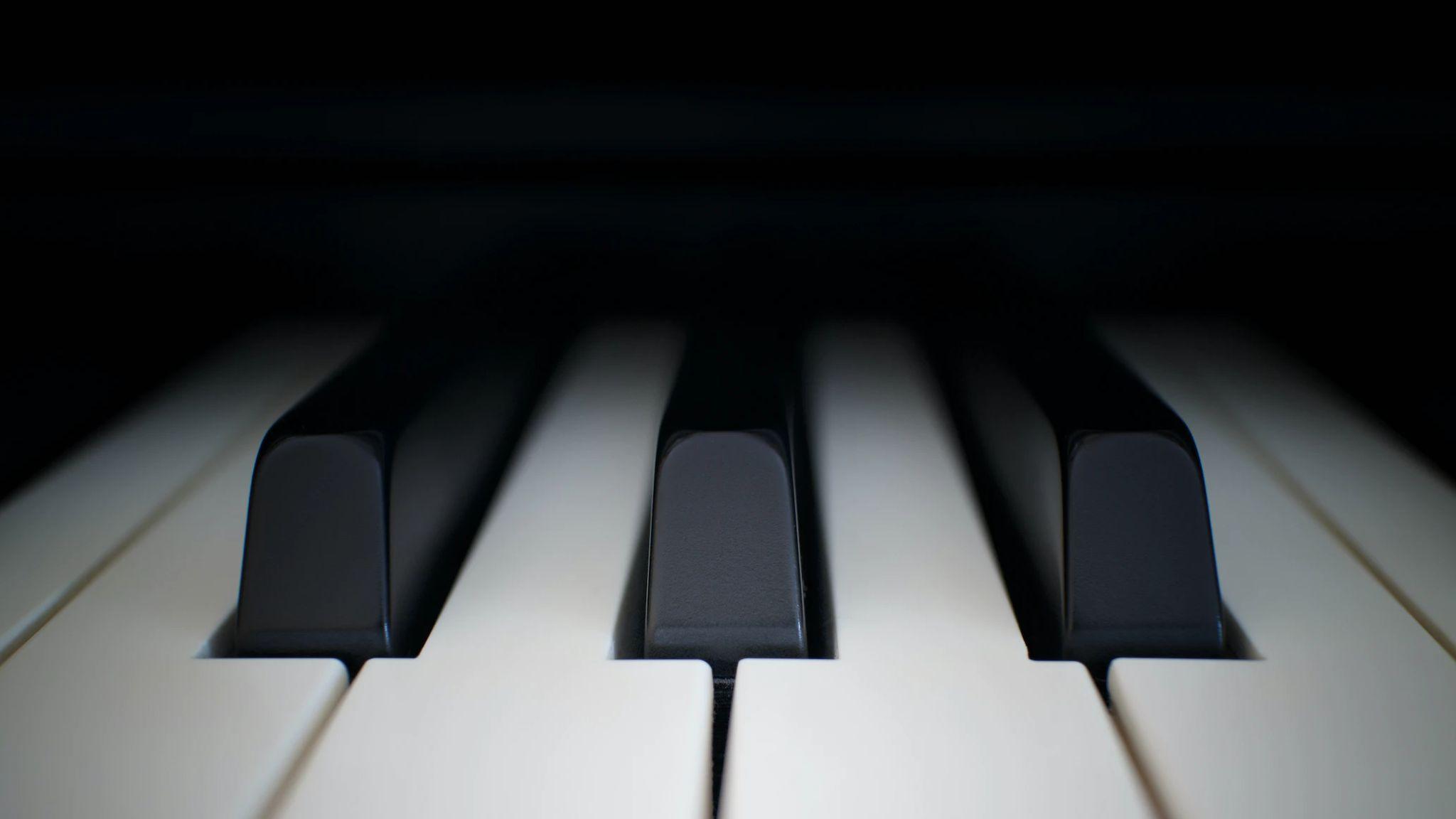
And Mimi’s quiet, but she’s a competent learner, and she’s picking up the basics of the piano much faster than she can anticipate. But she’s not complaining, either. It’s been a very, very long time since this place has been anything but complete silence.
It’s been a very, very long time since. . . she’s felt contentment of any sort.
She goes to sleep.
—
She wakes up.
The place isn’t as lonely and quiet as it was before. She and Mimi sit together by the piano many days, and sometimes, their small talk drifts from playing the piano to other things. She finds that once she starts talking, it’s hard to stop. Mimi’s a good listener, and she simply nods along and hums and replies at times, and it’s easy to fall into a rhythm with her.
A word for it. What was it again? Friend. That was it. A friend.
The more she talks, the harder it is to stop, and it feels like the words are just dropping out of her mouth sometimes. Stories that she doesn’t ever remember even going through or experiencing, but the moment she speaks of them she remembers them again. The more she talks, the more she learns about herself, and it’s almost scary, the way empty spots in her memories are getting filled up one by one as she talks more and more.
She learns that she’s in high school, that she remembers playing the piano for school concerts, that she used to walk home everyday from school, that she walked by the local 99 cents store many times to buy things for herself, that she sat by herself on the school rooftop to eat lunch.
There’s a word for it, she remembers faintly along the way. A word for it. What was it again?
Friend. Her mouth almost drops open when the word pops into her mind again. Friend. Friend. That was it. A friend.
A friend? Was that a friend? What is a friend? Are they even—?
She goes to sleep.
—
She wakes up.
For the first time, when she opens her eyes, Mimi isn’t staring at her. Instead, she wakes up to a soft piano melody wafting into her ears and Mimi already sitting at the piano, playing away. For some reason, the sight of Mimi at the piano alone strikes a shot of sourness into her stomach.
What is a friend?
She ignores the sour feeling and chooses to sit down beside Mimi instead. The melody she’s playing isn’t familiar to her at all, but it’s still lovely nonetheless.
“Where did you learn that from?” she decides to ask.
Mimi doesn’t lift her eyes from the piano and instead gives a small smile. “I heard it, and I wanted to play it.”

“Oh,” she says simply. She opens her mouth only to close it a second later, her mind completely empty of what to say.
Instead, she opts for watching Mimi play, her gentle fingers cascading over the notes. She simply looks on and tries her best to ignore the sinking feeling in her stomach.
She goes to sleep.
—
She wakes up.
It’s more common now, to wake up and to see Mimi already playing on the piano. Every time, something in her chest hurts. What could it be? She wonders, but she brushes the thought aside when she watches Mimi play.
These days, they play together much less now. She is more of an onlooker while Mimi plays away with melodies she’s never heard of before or even dreamed of.
At the back of her mind, a single thought lingers. It disappears just as quickly as it appears, and she can barely remember what it was. Something about—? Mimi playing away—? Playing away, away and away and away and away until she drifts away and—?
She goes to sleep.
—


She wakes up.
She isn’t surprised anymore to see Mimi by the piano.
Mimi still smiles at her, still listens to her stories while she plays the piano, but she’s still not sure why her stomach feels so uneasy. Why is it that her chest hurts whenever she sees Mimi play without her?
Although, she knows, it’s not a bad thing. Mimi’s already. . . much better at the piano than she is. So it makes sense. Doesn’t it?
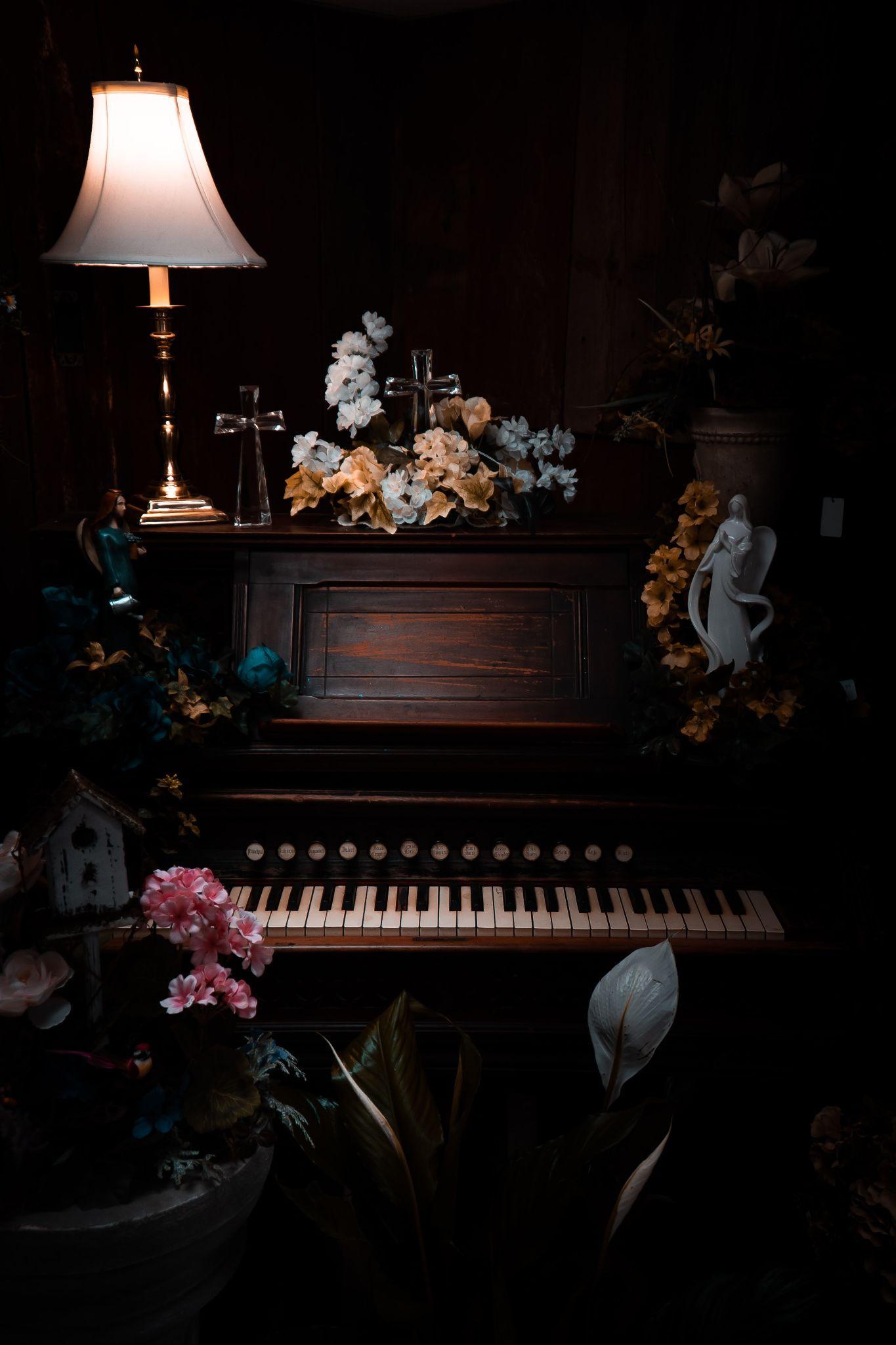
She goes to sleep.
She dreams that night, of a man and a woman both with black hair, eyes concealed, whispering words to her. She doesn’t remember anything they say to her.
— She wakes up.
She doesn’t know how it started. It’s not like they’ve talked much before, but it’s surely different from this. . . silence they have now. They trade a few words a day if she’s lucky, and they each go about doing their own things.
Her chest hurts again, but in a different way.
Missing. Missing. Missing is the word.
Does it make sense to miss somebody in the same room as you? Does it make sense to miss somebody when you are looking right at them? Does it make sense—?
It doesn’t make sense.

She closes her eyes again with a heavy heart.
She goes to sleep.
That night again, she dreams of the same man and woman, whispering words to her, only this time she can hear their voices a bit more clearly. Even in the dream, her chest hurts again, but in a different way. It’s a bit more sour, a bit more scary. Why is she scared of these people she can’t remember? Why can’t she hear them?
She hears bits and pieces of what they say to her. “Don’t you—” “to be her—” “we can change—” “you can become—” “forget her—” “start over—” ?
She wakes up.
When she opens her eyes again, she gets the feeling something’s different again. Surprisingly enough, Mimi’s not sitting by the piano. Instead, she’s sitting on the ground in the distance, but that’s not what catches her eye.

It’s the gaping hole in the ground, the now darkness that expands and devours the now small whiteness of what was left of the white walls and ground. When she gets up, she finds that Mimi’s sitting down, dangling her legs off the edge of the ground.
She stands next to her. “What happened to. . . all of this?” she manages to ask after a second.
Mimi shrugs, facing away from her. It surprises her when Mimi does something remotely human. “I don’t know, parts of the ground just dropped into nothing and disappeared and now we have this.”
“Oh,” she says, her lips pressing into a line.


He wants to say it, to speak into existence, “Because because because.” He wants to shout it, but he hears her voice, mother turned self-appointed therapist, before he sees the words: It’s not a real response, it’s deflection. But it’s cathartic, at least he imagines it is. Because it is real, it lives and breathes and screams. Screams a lot, mostly in the dark of his own mind. But it is.
it is real, it is in everything.
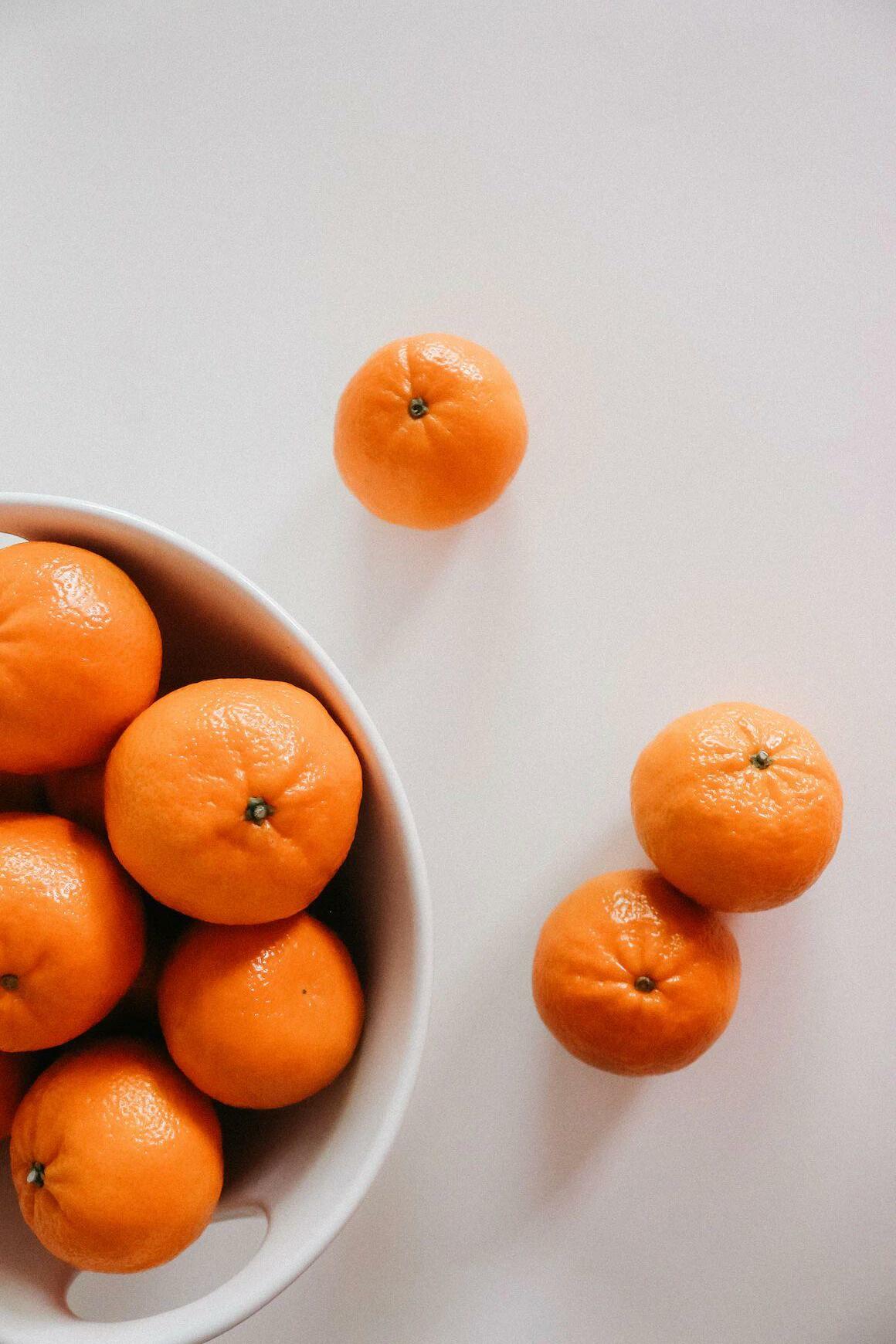
It is in every second that passes, every moment that he sits and listens and watches, fist full of daisies and a mouth sewn shut. Every minute he spends failing, wasting away. Because, because, because it is in the air he breathes, the food on the table. Because what is he, who is he, to waste their effort? His friends, his family, his teachers, his peers, his everybody put time and effort and words and smiles and he feels it. He is a product of their care, of soft touches and warm chocolate. Fool’s gold waiting to bloom under a shining light. And still he wants. Because he could do it, could earn the praise and the smiles and the pats on the shoulder.

echo: an action, typically a sound, growing weaker as it reflects off a surface
What if he is the echoes of an empty room, of the black silence that sticks to him?
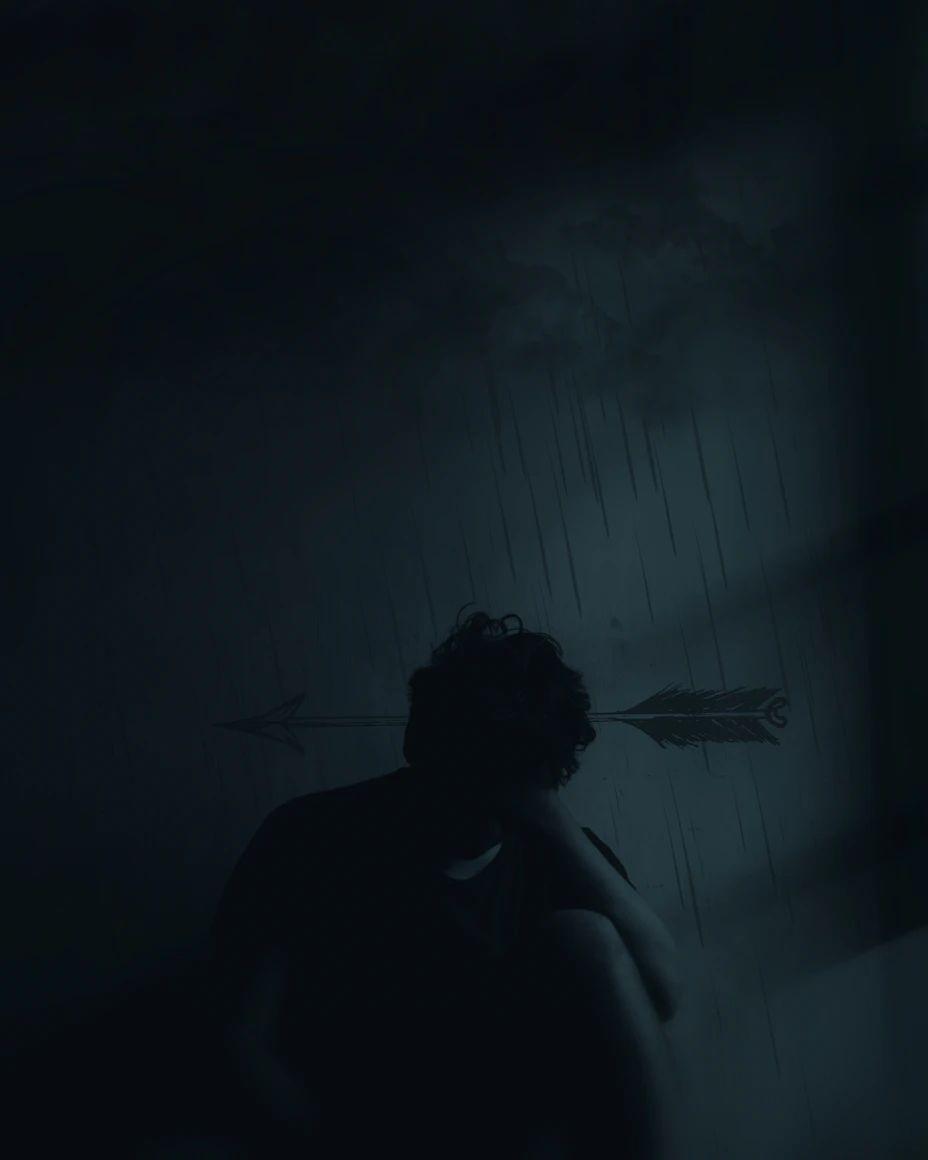
An animal’s pelt, stitched and bled into one ugly thing.

Sometimes it is a cocoon, sometimes it’s like floating in outer space, perpetual movement pushes him towards the sun. but he cannot speak, cannot breathe. He only burns. And it’s because they see something in him. And he knows it, desperately catching their falling blossoms in ash-gray hands. Because he is the echo of those who came before him, his grandfather who fought claw and tooth to reach the promise land, his father who chooses to be kind, to look War in the eye and refuse to bow down to it. He runs red with their courage, their stubborness. It feels like a brand, like cattle in a barbed wire field. and yet, he still hides.

Because what if he wastes it?
What if he is the echoes of an empty room, of the black silence that sticks to him? A mess of an animal’s pelt, stitched and bled into one ugly thing. Because he was born to fail, a falling star wished upon one too many times, crashing into Earth’s rotation. After all, echoes are bound to grow quieter with the distance.

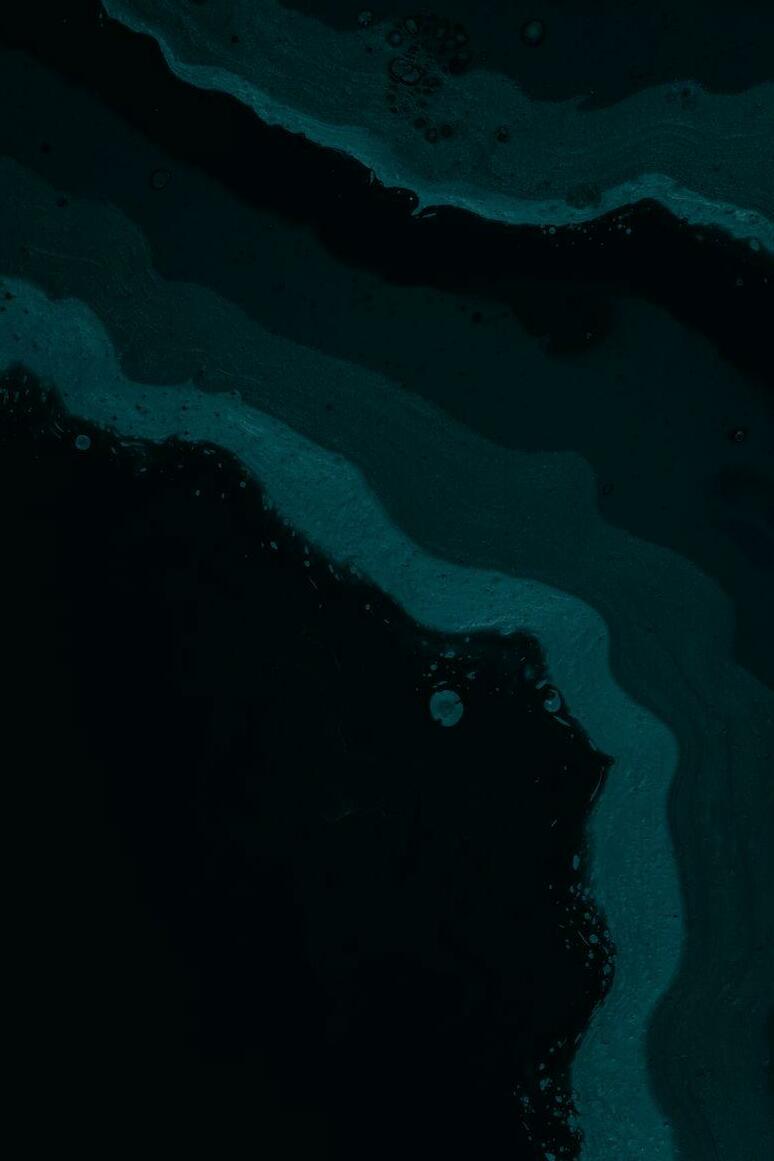
He feels this the most: what if. Because what if he steps out there and the cocoon freezes to stone, walls crumbling in on him. What if he is the silence that his family ends with? The shattered glass spilled into hallway lights, the crushed recipe book in the kitchen, the shadow in the bedroom hiding in a corner. Because what if he is suffocating?
He wants to turn the tables. No, he wants to throw it, to burn it into splinters. Because how can he put one foot in front of the other in a tsunami of eyes, drowning in expectations when he wakes up from dreaming, citrus blooming on his tongue.
Because how can he put one foot in front of the other in a tsunami of eyes
drowning in expectations when he wakes up from dreaming, citrus blooming on his tongue.
I’m not entirely sure when it started appearing. In the beginning, I was so startled, I almost called the police.
It had started out as a worse than usual day. I was an engineer, and life had been pretty tough lately. I was good at my job, but my heart had never been totally in it. When I was a kid, all I wanted to do was make art. Draw, paint, anything. I’d pick up anything I could to draw a picture, and I’d hang it up on my wall. I’d dreamt about it the night before, and it brought back feelings I had buried deep inside over the years. I woke up late, guilt-ridden about wasting half the day and mind overthinking about the past and future, but spent another hour browsing mindlessly on my phone anyways.
It took me a little while to leave the warm, safe covers of my bed, but once I did, I realized how hungry I was. Going through my morning quickly, I hurried into the kitchen to make myself some toast. Putting some leftover coffee in the microwave, I noticed something in the blurry reflection on the microwave door. Turning around, I sucked in a sharp breath. It was a figure, almost like a shadow. That was all I noticed before I tried to run. I ran to the living room, grabbing a rolling pin on the way. What it would do, I wasn’t sure, but it felt better to have something to hold in my hands than just flail wildly.
The figure walked slowly up to me. Panicking, I tripped over my carpet and stumbled. I crawled into a corner, not knowing what to do as the figure approached me. I could make a run for the door, but I was frozen. I was about to scream for help when the figure stopped and sat down. I was terrified. My mind was numb with fear. My hand was shaking in front of
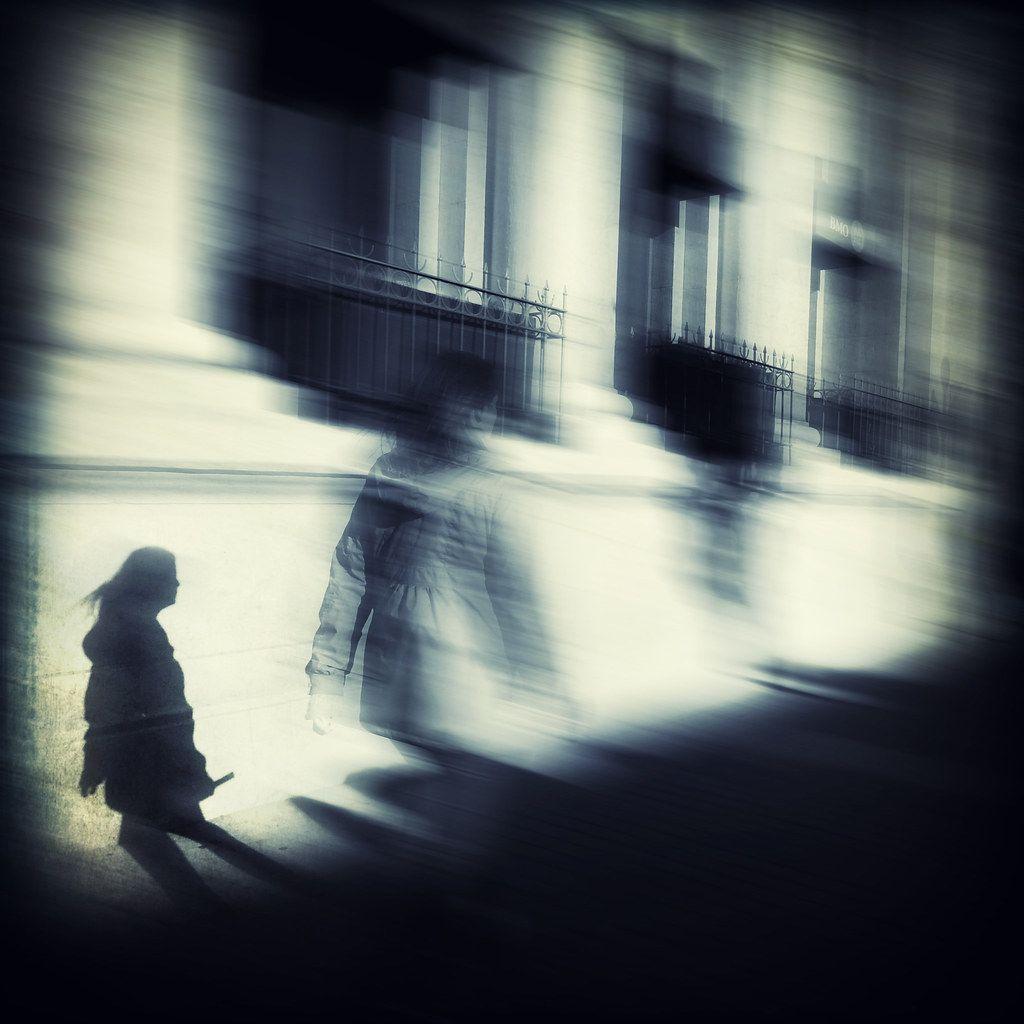 by srishti deb
by srishti deb
me. But the figure continued sitting. My heart rate started slowing down and my mind started to clear. I figured calling for help would be better than trying to move, but my phone sat on the edge of the kitchen counter.
I stayed huddled in the corner for a few more minutes, but when it became apparent that the figure wasn’t going to move anytime soon, I slowly got up. Testing the waters, I took one step, then another. The figure turned its head as I crossed the room. I scurried quickly to the kitchen, and when I turned around, the figure was right behind me. My heart went into overdrive immediately but I noticed the figure pointing its arm out towards my microwave. I stared at the flashing numbers. Confused, I pulled open the door and took my coffee out, holding the steaming cup in front of my face. The figure dropped its hand and walked past me to where my bread laid on a plate. The figure grabbed the plate, looked around, grabbed the butter, and walked back to me. It slid the two in front of me and stood, waiting. I placed the coffee down and settled into one of the bar stools. Now that I wasn’t overwhelmed with fear, I focused on the figure. The figure was a complete shadow. Nothing of it was clear except for the vague figure of a young kid. It didn’t move at all. When I picked up the bread on my
plate, it did the same. I took a bite, and it mimicked me. I smiled, regardless of my fear. It seemed like a very young kid, learning about the world and trying to copy everything that happened, trying to discover how to move its own body. It was almost like… an echo, I thought, amused. So that’s what I named it. Echo proved to be harmless though and even seemed to help me. For the most part, though,, the figure minded its own business, hanging around whenever it wanted. Even then, having someone else around in my empty house made me happier. It was nice to come back to a home where I knew someone was waiting, even if I didn’t know what it was.
One day, I asked the figure what it was. I didn’t expect an answer, but it walked over to my fridge and pointed at an old family picture. I smiled a little when I saw it, fond memories welling up inside my chest. Echo was pointing at a child. Me, when I was about 5 or 6. I took it as a sign that it was a little girl. Maybe the ghost of one who died an early death. The thought sent shivers down my spine, and I turned away. Whatever she was, though, Echo made life a lot more bearable. It was nice to have someone care about me when I couldn’t for myself.

I got sick one of the weeks. A cold with a slight fever, nothing too big. But my mental state reflected my physical one; lying around in bed all day made me tired and anxious and upset. Grabbing a bottle of pills, I shook one out. I went to take it but forgot that I hadn’t brought any water. Getting up meant that I would be infinitely colder, but I had never tried to dry swallow a pill before. I stared at the pill intensely. It couldn’t be that bad. Just as I was about to pop the pill, I felt something move beside
me. Looking over, I saw the little figure. She held out her hand, a cup full of water in it.
Since I was sick for a couple days, I had a lot of free time. Laying around bored me and made me restless, and that’s when Echo did something I’d never imagined. She scurried around the house, and brought me a book and a pencil. I stared, stunned. It was an old sketchbook, one I had not looked at since I moved into my apartment. Hesitantly, I reached for it and placed it on my lap. I was frightened; I wasn’t sure why, but it felt like opening a part of myself I had buried deep inside me. Echo stood at my side, still holding out her open palm with the pencil in it. I raised my hand slightly and motioned like I was drawing.
“You want me… to draw?” I whispered. Echo didn’t say anything, but she gripped the pencil and copied my motion. That was a yes.
Taking a deep breath, I looked back at the sketchbook and grabbed the pencil. There was no reason for me to listen to her. I could very easily have just said no and sank back under the covers to drown in self-pity. I was close to doing so, but something felt tight. Like if I didn’t do this, something would snap. I would lose it once and for all.
I flipped open the book, looking away from the work of my teenage self, when I had loved art so much I spent as much time as I could doing it. It was rare to have such passion, and I was thankful that I had it. But as the years went on, I was repeatedly told that art was not a real job. It wasn’t practical; it wouldn’t make me financially stable. I believed them. I had family friends who drove themselves to desperation chasing a dream that didn’t earn them any money. I guess that's why I cast aside my own dream to get a real
When I picked up the bread on my plate, it did the same. I took a bite, and it mimicked me.
job. Or maybe I was just afraid of what would happen if I tried.
I held the pencil in my hands and started sketching. Small things at first, boxes and shapes. They slowly transformed into faces and trees and anything else I could think of. I drew the tissue box beside my bed, a bowl of soup, and Echo. My drawings were rusty, but they weren’t as bad as I expected. Picking up the sketchbook again was refreshing. It was painful. It was everything in between. I felt tears drop onto the paper beneath me and I felt a feeling I thought I lost long ago–an echo inside my chest.
I continued drawing for the rest of the day. When I turned to Echo, I saw little bows in her braids and the faint sparkle of her sneakers.
The days went on, and I was feeling less and less plagued by the thoughts in my head. I could honestly say that I was happy. Echo was a huge part of that.
I almost saw her eyes once, faint and translucent, waiting to be revealed. She had on a white t-shirt and blue overalls, covered in splotchy patches of faint paint. She looked a lot like me when I was a kid. Maybe the reason she wanted me to draw was because she liked art herself. I smiled to myself. Depending on a strange shadowed figure was a little strange, but there wasn’t anything about this whole situation that wasn’t.
Everything came crashing down a couple weeks later. My old boss retired, and a new one was hired. His name was Brian, and Brian was a rude and lazy manager with a short temper. He always yelled at me and my coworkers and forced us to work overtime. Sometimes, I thought he was extremely underqualified for the
job, because he made suggestions that any basic engineer, heck, even a college student studying engineering, would know were absolutely crazy. One day, I finally snapped. I brought one of my new sketchbooks, one I used for drawing and doodling, but mostly for designing the layouts for any new projects. It was helpful for me, and when my coworkers saw it, I realized it was helpful for them too. My old boss even gave me a promotion for continuing to do so. My new boss on the other hand, thought drawing out the designs was a waste of time. He would always yell at me when he saw me drawing. My coworkers tried to stand up for me and for themselves, but he was always angry, and unfortunately, also our superior. He fired three of my friends before he moved on to me.
It was during lunch. The day had been hard; with three people gone from the team, the rest of us had to cover for their work until replacements were found. I was doodling in my sketchbook, testing out an idea I had for a new painting. Brian decided this was the perfect time to come bother everyone. He strode over to my desk, arrogance apparent in the way he walked, his inflated ego clear on his features. He grabbed my notebook. I did not reach for it. He squinted hard at the pages, flipping through a couple of them before starting to laugh. It was loud enough that everyone turned to us.
“If you have so much time to doodle,” he sneered, “maybe I should give you more work. Although I’m not sure you could handle it, little artist. I almost got in trouble with the higher ups when they saw your team’s project. They blamed me for your mistake.” It was a lie, and everyone knew it. Brian had forced us to follow one of his horrid suggestions, and it had caused the entire project to go haywire, setting the deadline back months. Nevertheless, he went on and on about how bad my work was, insulting not only me, but my
coworkers as well. He insulted my art, my work, everything. Finally, I had it. I stood up and snatched the book from him.
“I’m sorry your ego is as big as your head, Mr. Manager. Maybe if it were a bit smaller, you would actually be helpful for once. But you’re not, and all you do is blame others for your own mistakes and berate me and my coworkers. I’m leaving. You don’t deserve a two-weeks notice.” I grabbed my bag and rushed outside, tears welling up in my eyes and I left the office.
I cried silently in my car. I felt bad for leaving my coworkers with him, but they would figure it out. I knew they would. My team was strong, and I had known them for a long time. I hoped we would stay in touch.
That thought startled me. I cared about my teammates, but I was so used to being alone that I didn’t really interact with them outside of work. I think they knew something was wrong, because they would always look at me with sympathy, but they kept their distance. We had only grown closer after Echo and my promotion,. I stared solemnly at the place I worked at for years. I wanted to go home. So I turned the engine on and drove away.
When I got to my apartment, the reality of the situation sunk in. I had just quit my job and lost my friends. All because I was too stubborn to let go of a dumb hobby. My sadness turned into anger. I swept the pile of papers full of drawings on my table to the floor. I grabbed my canvases and paints and threw them into a closet and shut the door before sinking down onto the floor in front of it. Tears dripped from my eyes. Echo came out of my room and kneeled beside me. She was back to being a vague shadow like she was when I first met her.
I tried glaring at her, but my tears only fell faster.
“Why did you make me draw? None of this would’ve
happened if you didn't…” I wiped my eyes. In reality, Echo didn’t make me do anything. I chose this path. I chose to quit my job. I made that choice.
Echo stayed silent, but she seemed to take a small breath.
“You love art, don’t you?” she whispered, voice small and afraid. I was stunned. I didn’t know she could speak. Again, she asked. “Don’t you?”
I shook myself out of the shock. She was right. I did love art, even after losing the dream for years. My heart would always lie with it. I knew that. I’d always known that, but I opted to take the safe route out rather than to follow my dreams. I nodded solemnly and stared at the floor.
“Then that’s enough.”
Bright light flashed in front of me. I squinted up, blocking my face with my arm. When the light dimmed out, I felt my heart stop.
In front of me was Echo. But she wasn’t the Echo I knew. All of the little hints I saw of her figure were finally out of the shadows. Her denim overalls and t-shirt were vivid, covered with bright splotches of paint. Two braids fell down the side of her head with bows looped into them. Her brown eyes stared back at me and she smiled.
She was the picture copy of me when I was 5 years old and first discovered my passion for art. My parents took me to a children’s museum. One of the exhibits was a huge room that had once been white. Buckets of paint were lined up along the side of the floor, and kids were dipping their hands into them to make imprints on the walls. It had been my first real experience with art and the one that made me fall in love with it for the rest of my life. Sometimes, when I got older, I wondered whether—if my parents had never taken me
there, if I had never gone to that room—that I would ever have loved art in the first place. Looking at her now, I decided that, no. Art would’ve found me one way or another. That was just the one that had happened first.
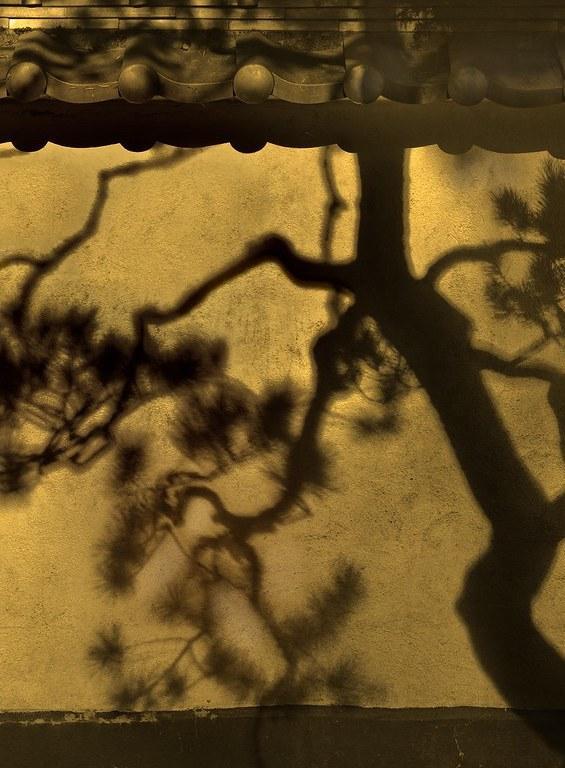
The tears came faster, but this time for a different reason. The little girl brought her hand to my face and wiped at my cheeks.
“Don’t cry, Julie,” she said. “I came here because you were losing me. You were losing your dream. But you found it, Julie. You found me.” She beamed. “I’m not an echo anymore, Julie. Now, I’ll always be here.” She pointed a finger at my chest and poked at the
place above my heart. “Promise me you won’t lose me again, Julie.” She took my hand and held it to her chest, looking up at me with a glimpse of fear in her eyes. I smiled. Of course not. How could I ever lose her now?
“I won’t lose you, Juls. I finally found you again. Would be pretty irresponsible of me to lose something I just found again, huh?” We both chuckled, though my eyes didn’t seem to want to stop crying. Julie hugged me. She started to glow.
“Never forget me, ok, Julie? I love you,she whispered against my chest. I looked up and wrapped my arms around her. Never again, I told myself. I held her until she disappeared in a spiral of colorful sparks. But she didn’t truly leave. She was still with me. And for the first time in a long time, I felt all the love for my passion burst from my chest, elated at no longer being an echo of something I once lost.
I’m not an echo anymore Julie.
Now, I’ll always be here.
Death is inevitable. Death does not discriminate, its scythe sees no wealth, hears no pleas, and feels no remorse. The brightest blooms of life wither away, just as do the low, brittle weeds.
Yet there have been figures in history whose influence went far beyond their graves. Individuals that have been greater than life itself, those we remember and idealize. Those few people represent the extremes of human capacity, for better or worse. For these individuals, death is only a physical end. Their voices are preserved in echoes that reverberate throughout history, shifting whole societies. These echoes, then, are representations of humanity itself, and the echoes we choose to remember are those glorious cries that move us to our core. In the face of death, then, it is my dream to have left an echo that harmonizes with the voices of history to create a better future.
Echo, a nymph from Greek mythology, was cursed by Hera to only be able to repeat the last words she heard. Soon after, she fell in love with Narcissus, but she could only watch as he became obsessed with himself. Her echoes were ultimately futile: she withered away in wait for Narcissus, and only her voice remained, tied not by any purpose but to simply repeat what she had been told.
The original Echo’s story is a tale of caution: not only for those obsessed with themselves but for those who waste away their time in life, whose echo would remain forever subordinate to their character.
whether good or bad, impacted not only the policy of the nation but also accelerated the political evolution of the nation into the internet era. That is an echo, one that will continue to shape our lives for years.
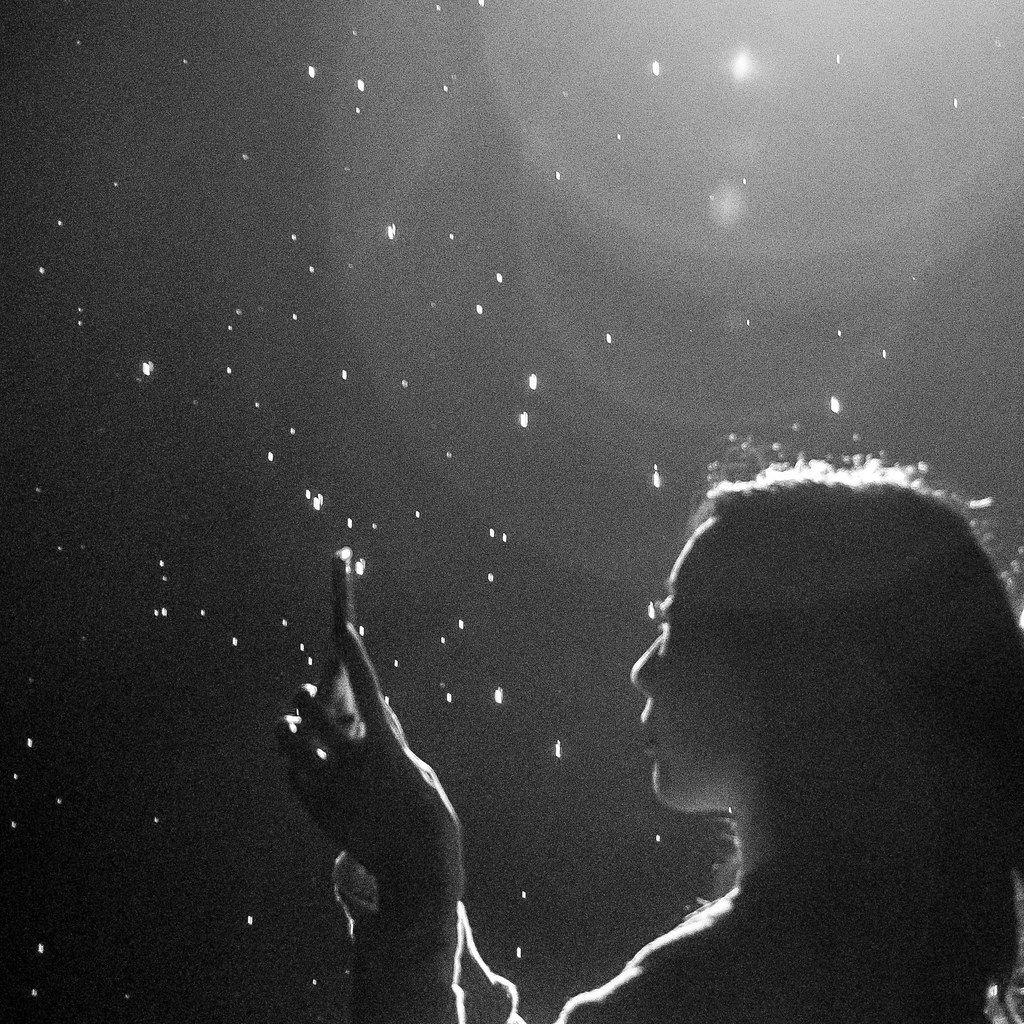
A person’s echo, then, is ultimately the soul of their character, the remnants of their life that becomes a permanent part of history. The people we see on the world stage today, the great political figures, scientists, and Business giants, have a distinct voice that sculpts our future. Some of these voices will go far and beyond: these will be the Abraham Lincoln, the Albert Einstein, and the Andrew Carnegie of our generation. They will live on through their speeches, their writings, and ultimately their ideas. Already, many have solidified their status as engineers for the future, those that have imprinted their own ideals upon the world. Donald Trump, though a controversial figure, nevertheless has a tangible and consequential legacy: the era of his presidency was characterized by him, and his personality. His ideas,
Ultimately, to the test of time, my echo will say nothing. It is the inevitable truth for most people. It is also an inevitable truth that for many, it does not matter. But for the people that it does, life becomes a quest for the ultimate echo. When I find my identity, when I find my place in the world, then only can some peace come to my mind. It is then, that the sound of my soul would ring clearly.
by anonymousis the great equalizer, the ultimate catharsis for every soul. In its path, the rich and the poor are much the same: forgotten.
without purpose, without meaning, are just noise.
You’re the bumps plastered onto the drywall panels, bringing texture and life to the household.
You remember first grade, tracing the edges of a flimsy plastic blue square in an attempt to learn shapes. The scribbles in cursive workbooks and stacks of stapled, miniature books full of haphazardly drawn cartoons piling up on the edge of your desk. The first of many yearbook photos.
Fourth, fifth, sixth fly by, and suddenly you’re a lifetime away. Voices and faces bounce around in your head and merge together, fogging up your mind.
You’re the stipple walls absorbing the harsh noise of the outside world, shielding it from unwanted choruses.
You’re lying in the afternoon sunlight, basking in its youthful glory as it infectiously fills your room for a brief siesta. You lazily sit on your bed on humid summer nights.
by isabel laiThe second. Your teacher is obsessed with dinosaurs, your friend moves next door, and you can’t seem to quite grasp the details of your lost childhood afterward.
Third. There’s only two classes, yet you somehow end up in the class where you know no one.
When you fall from your peach bike, you’re the first to usher away everyone’s worries, assure them with a, “No, really, I’m fine,” and watch people return to their carefree chatter as you wince at the blunt scrape on your knee.
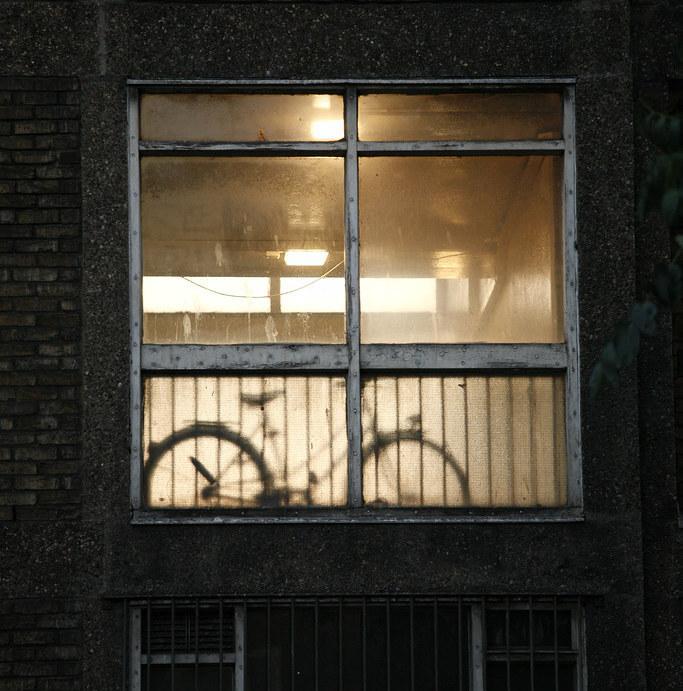
You’re the first to congratulate your sister at her recital with a bouquet of champagne roses and the first to buy
your brother a phoenix sugar painting during your afternoon escapades.
(Your first trip. You munch on your tuna mayo sandwich as you toss your legs over the side of the riverbank. A bite for you, a bite for the baby duckling that clumsily wades towards you. Back to you. Then the duck. You turn around to point at the duck giving you a cheery flap and they smile back, handing you another white bread sandwich. This time, you shred it to pieces, hurling them farther and farther until an entire flock approaches you. A mushy smile in a picture with half a sandwich in hand later, you turn around, only to find the flock has moved on to the next 5 year old with 2 half foot philly cheesesteaks in hand, and not, tuna.)
You are the first to shatter the only glass vase in the kitchen, sweeping the remains under the dining room carpet.
The first to come home to an empty house while your family gathers round at the local diner, warmed by the hearth of the brickstone fireplace and the company of others.
The first to halfheartedly serve rounds and rounds of orange juice after tossing squishy, molding clementines into the blender as they lounge in the reclining poolside sunbeds.
The first to excuse yourself after dinner, watching as sheets of music fly out your sister’s now-open window and silently slipping trails of crumbs outside your brother’s door to lure the mountains of ants out of hiding.
The first to experience the freedom of flying a thousand miles away from home.
You’re the asbestos hidden in the popcorn ceiling of your childhood home, plaguing its inhabitants.
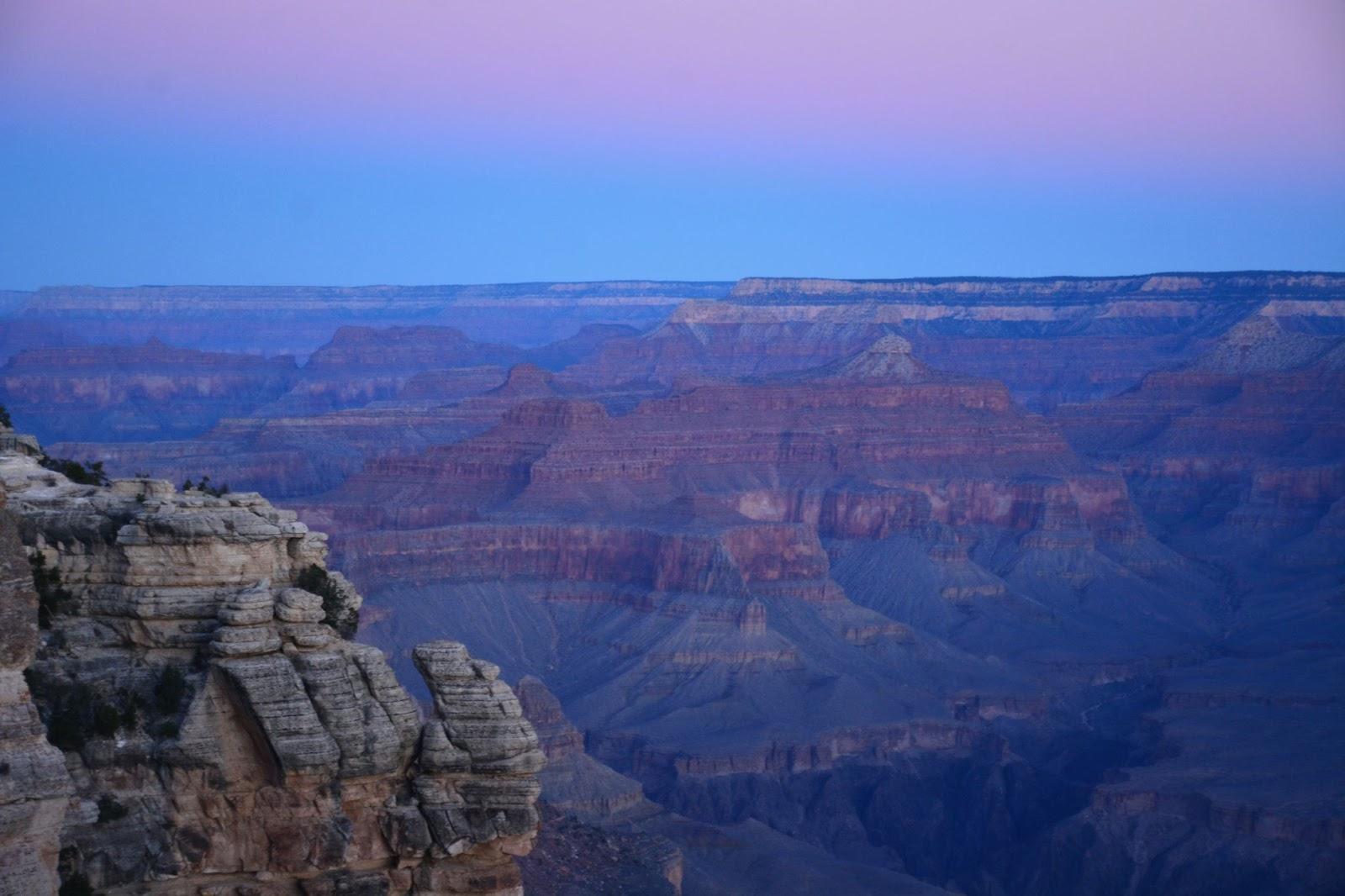

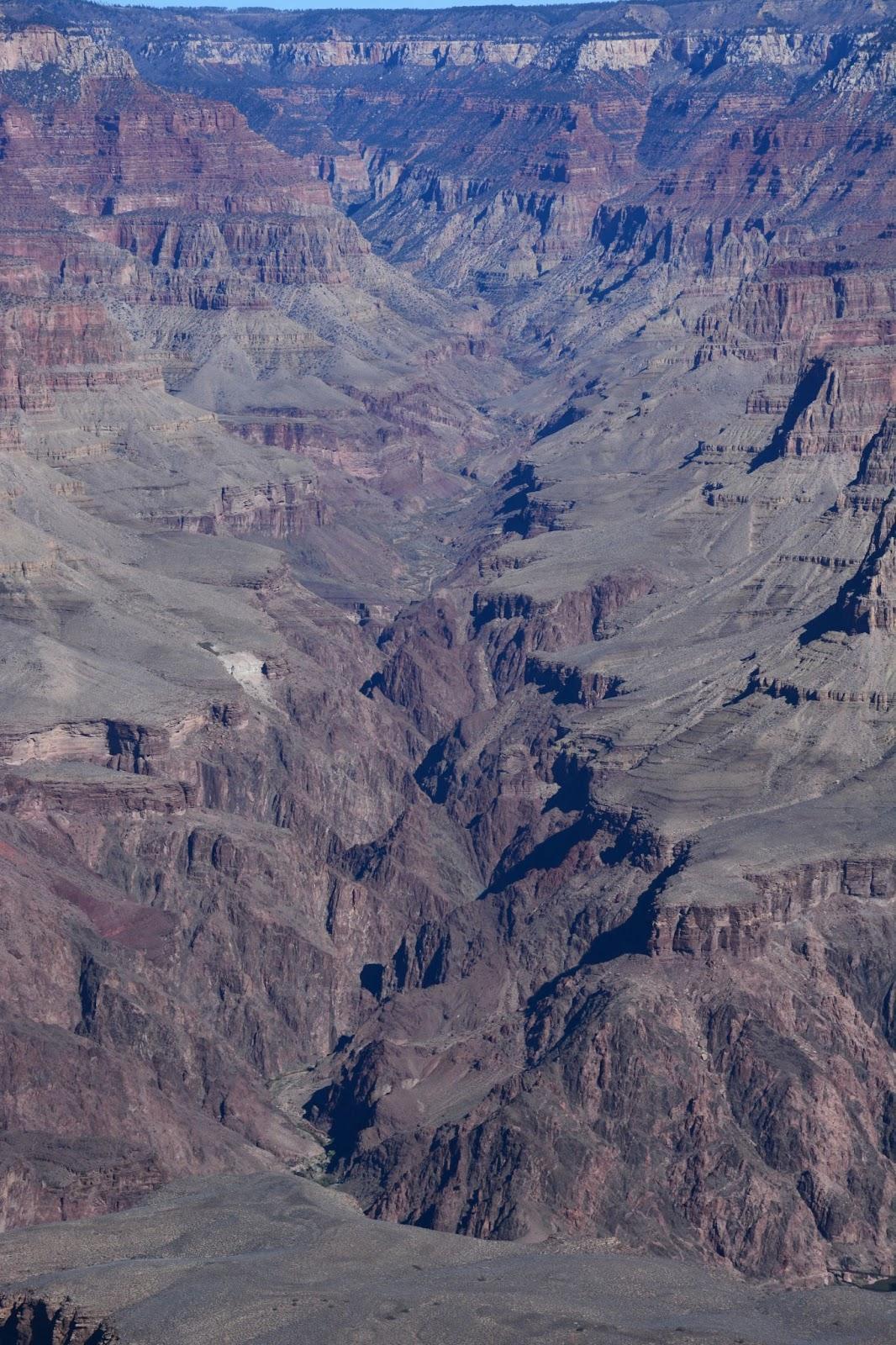
 by aanjuli das
by aanjuli das
